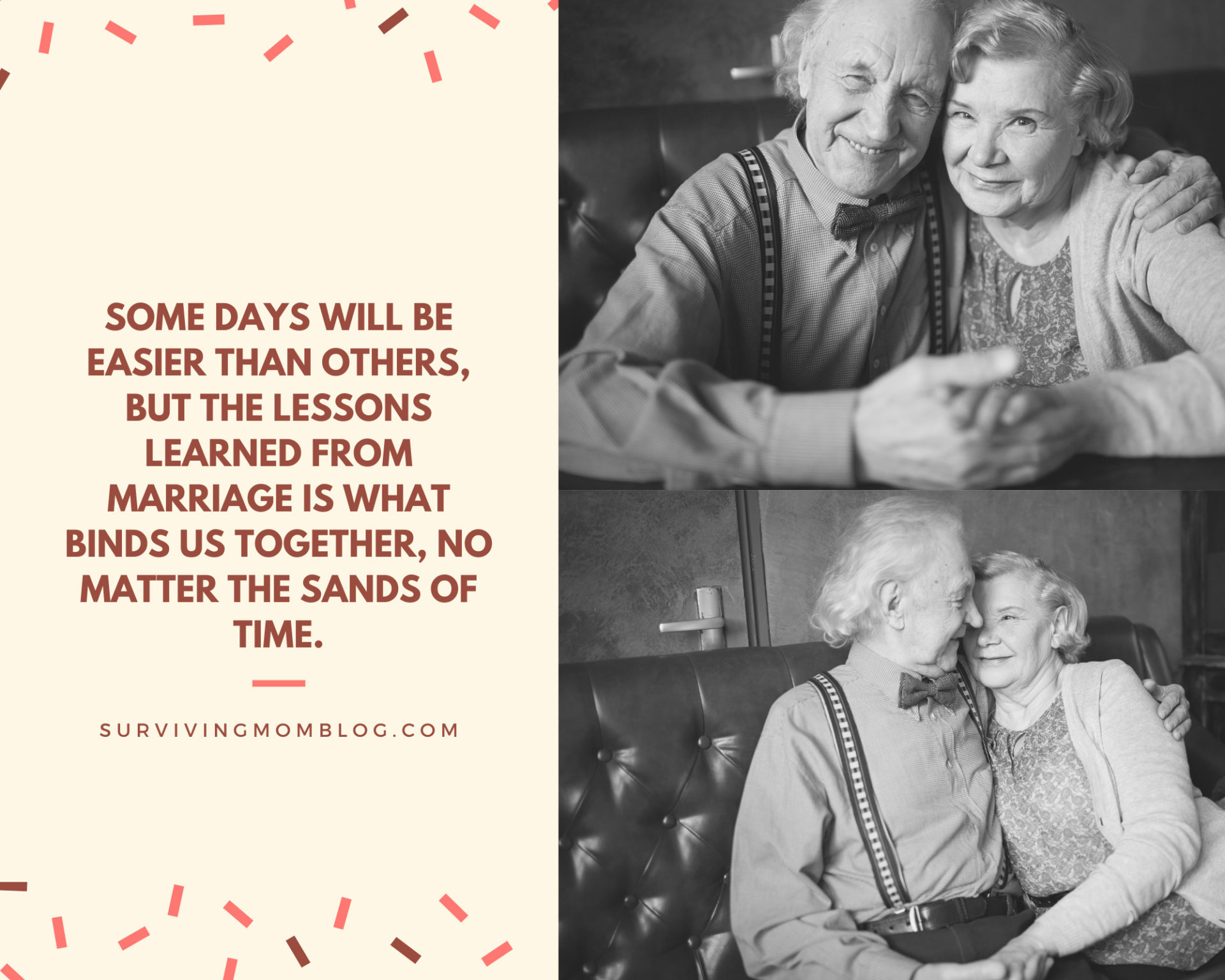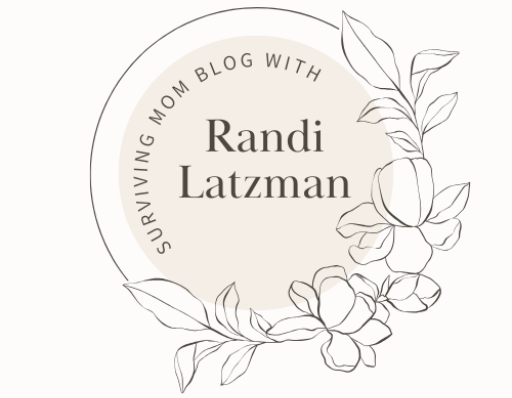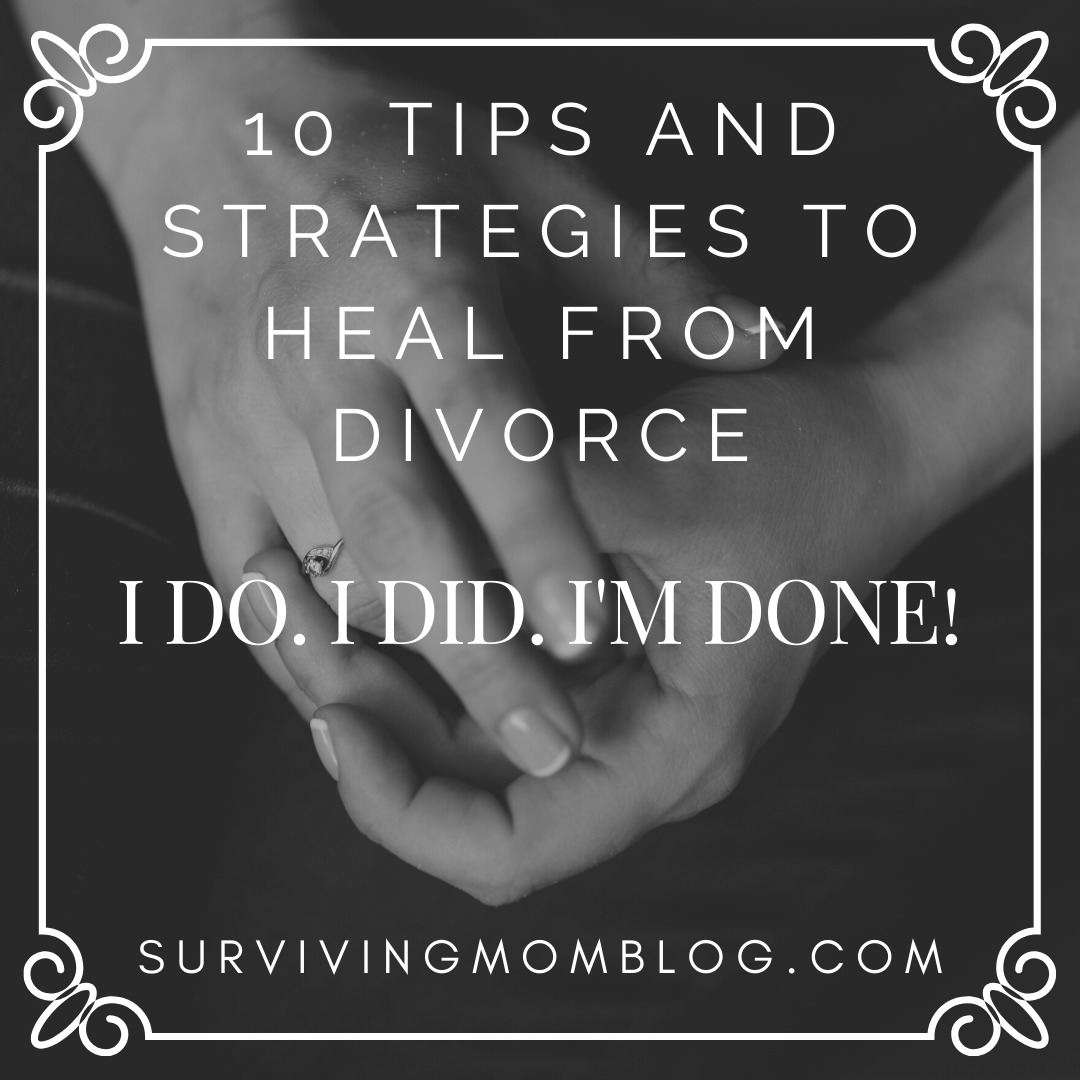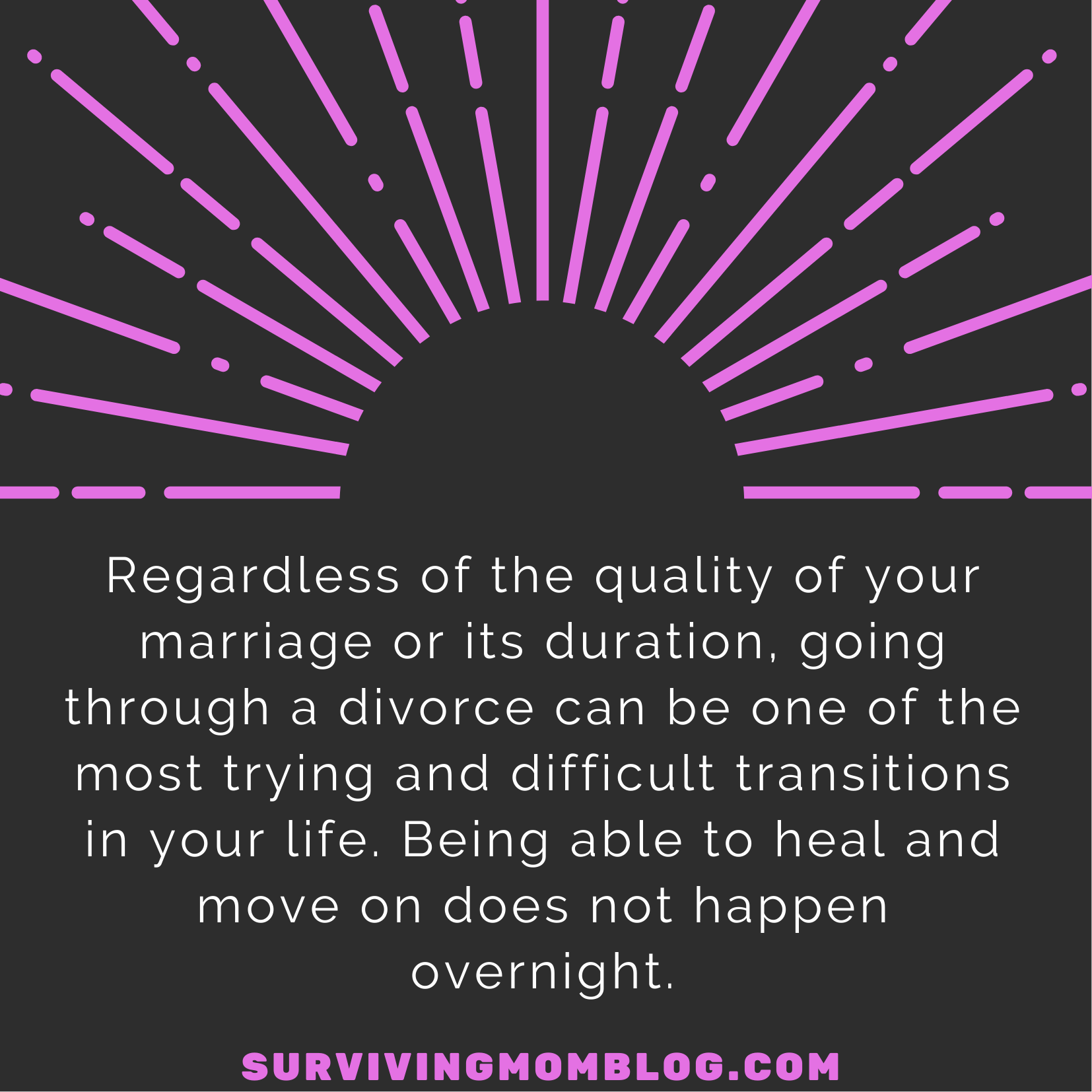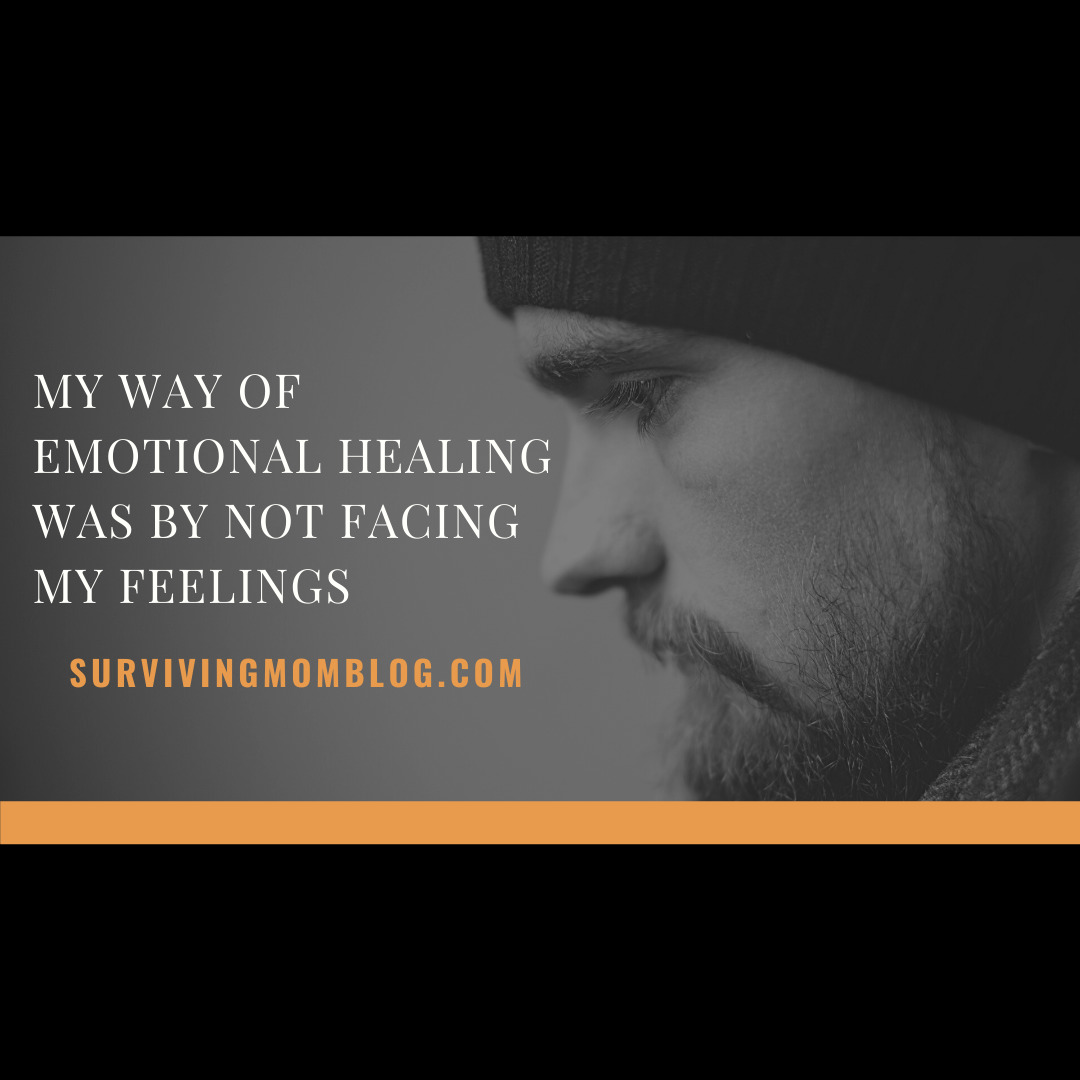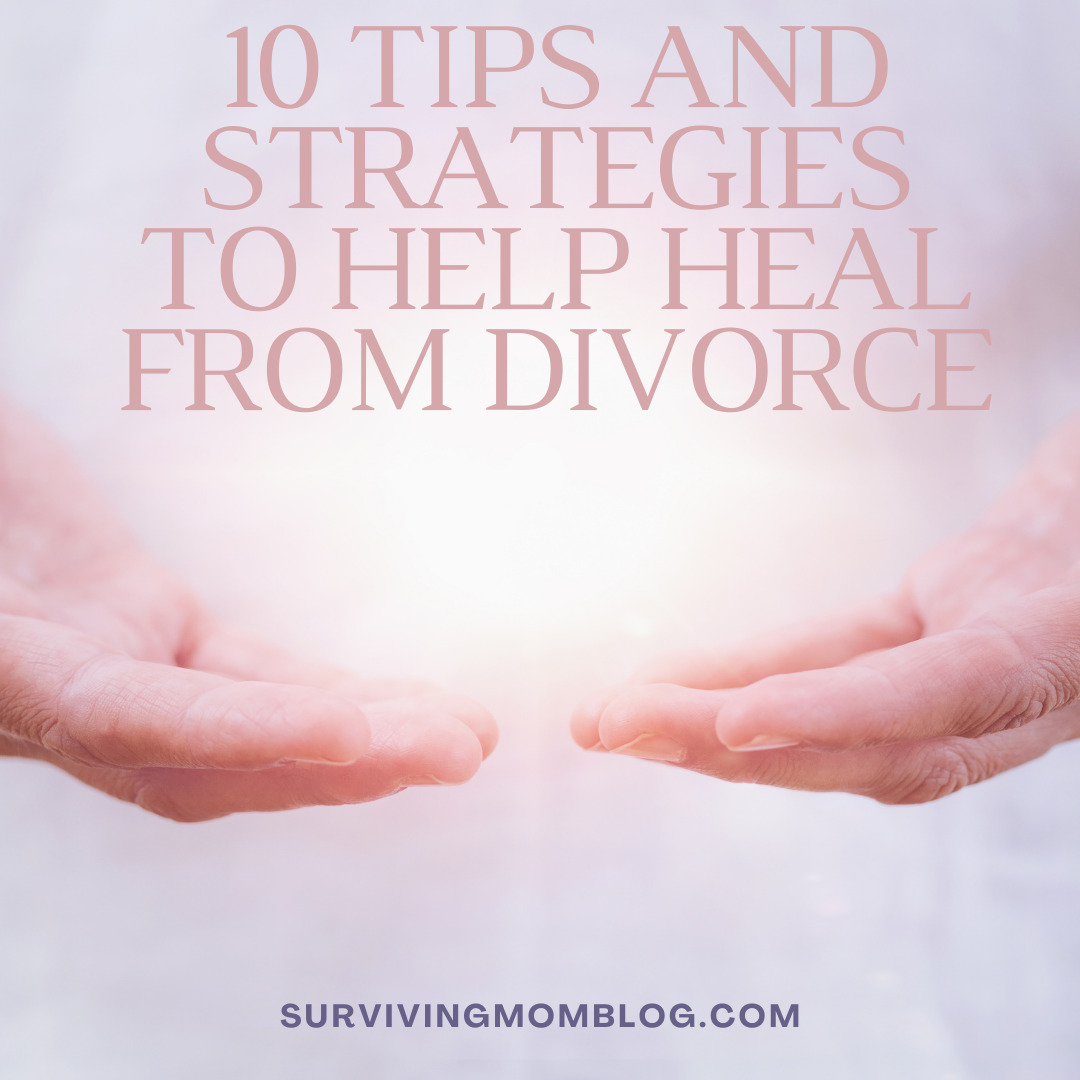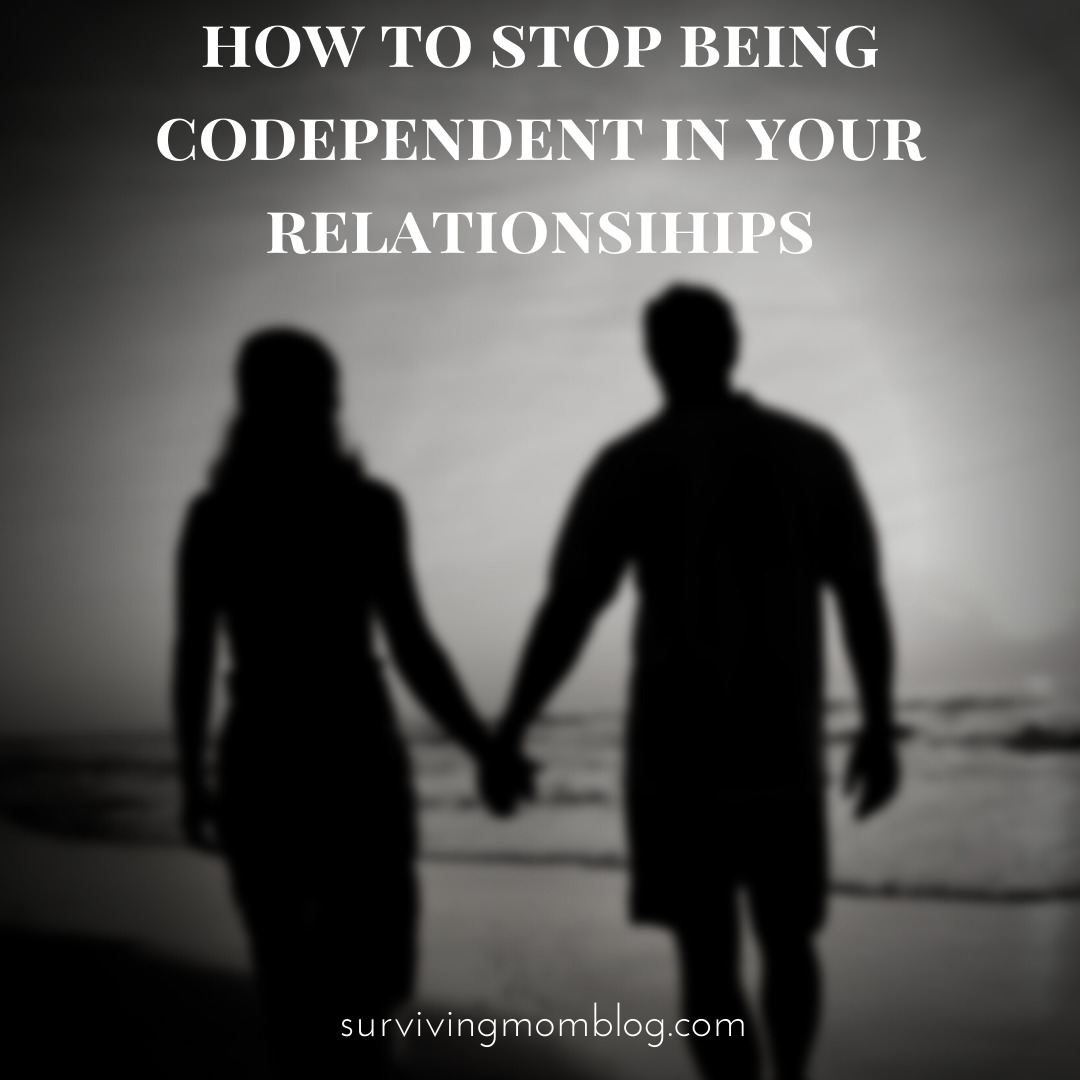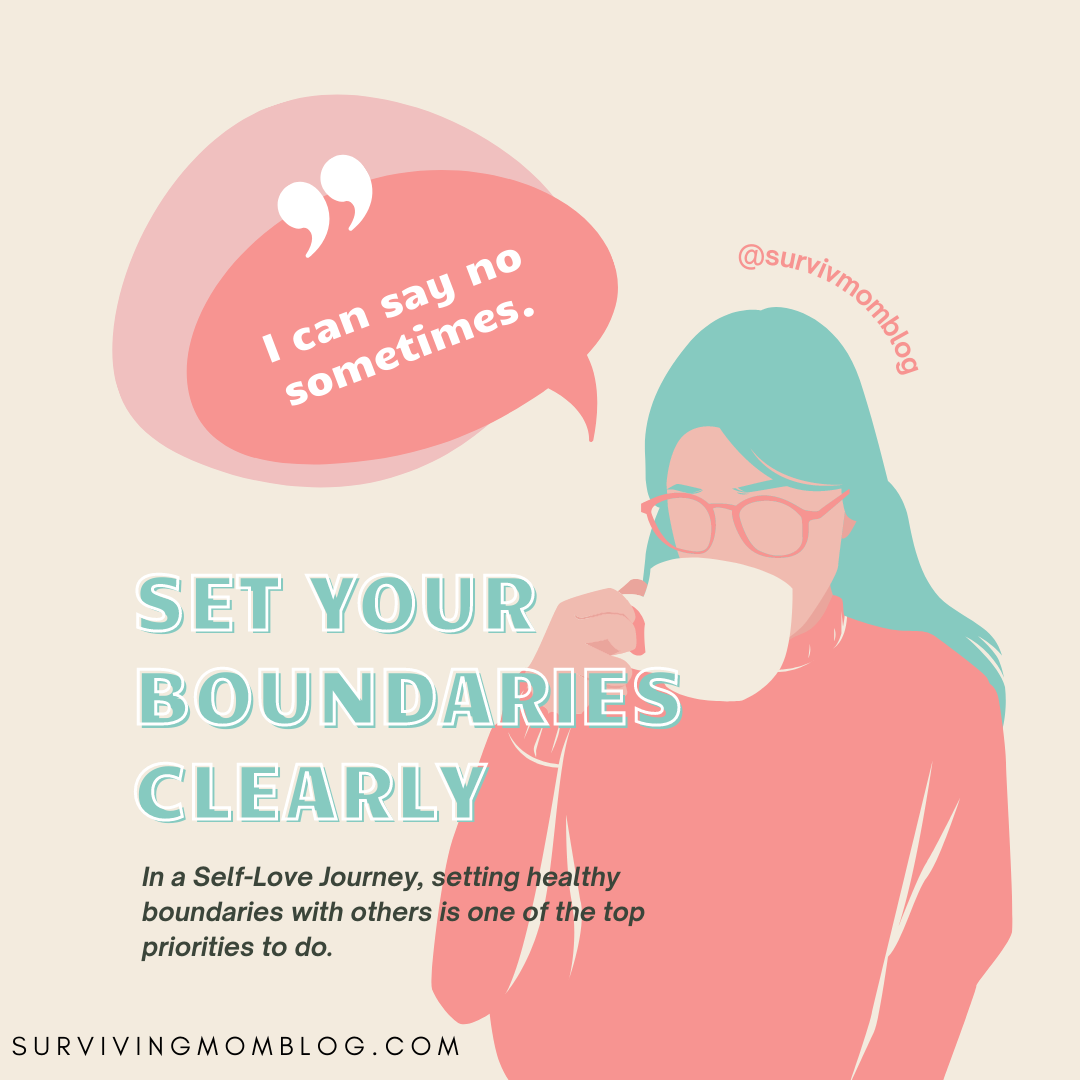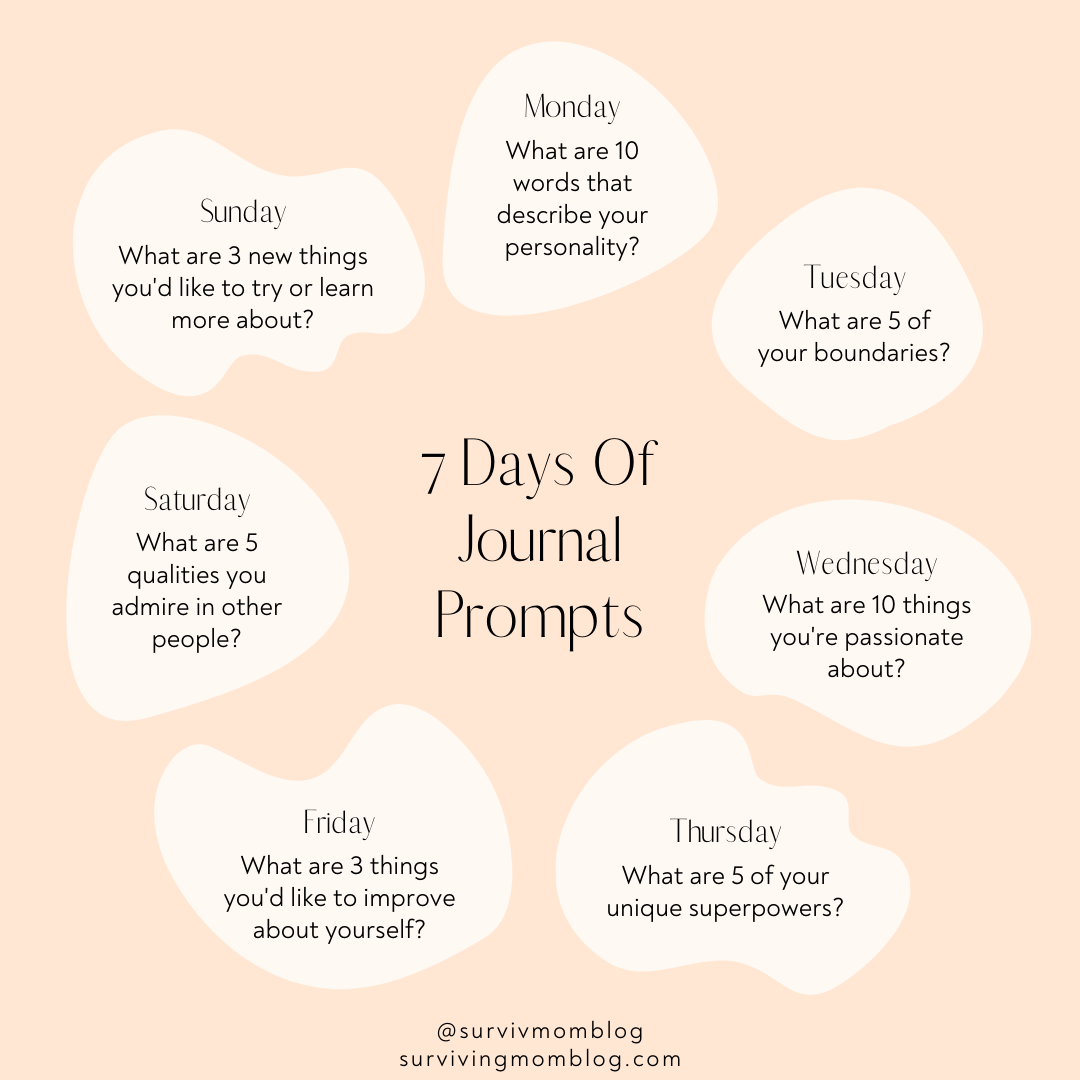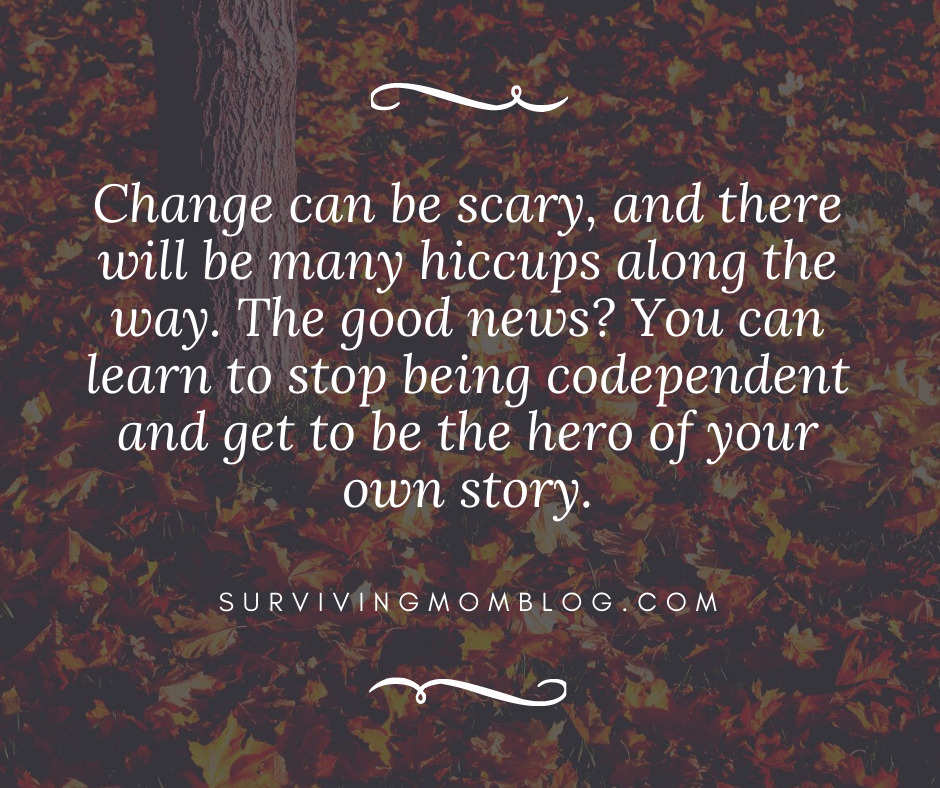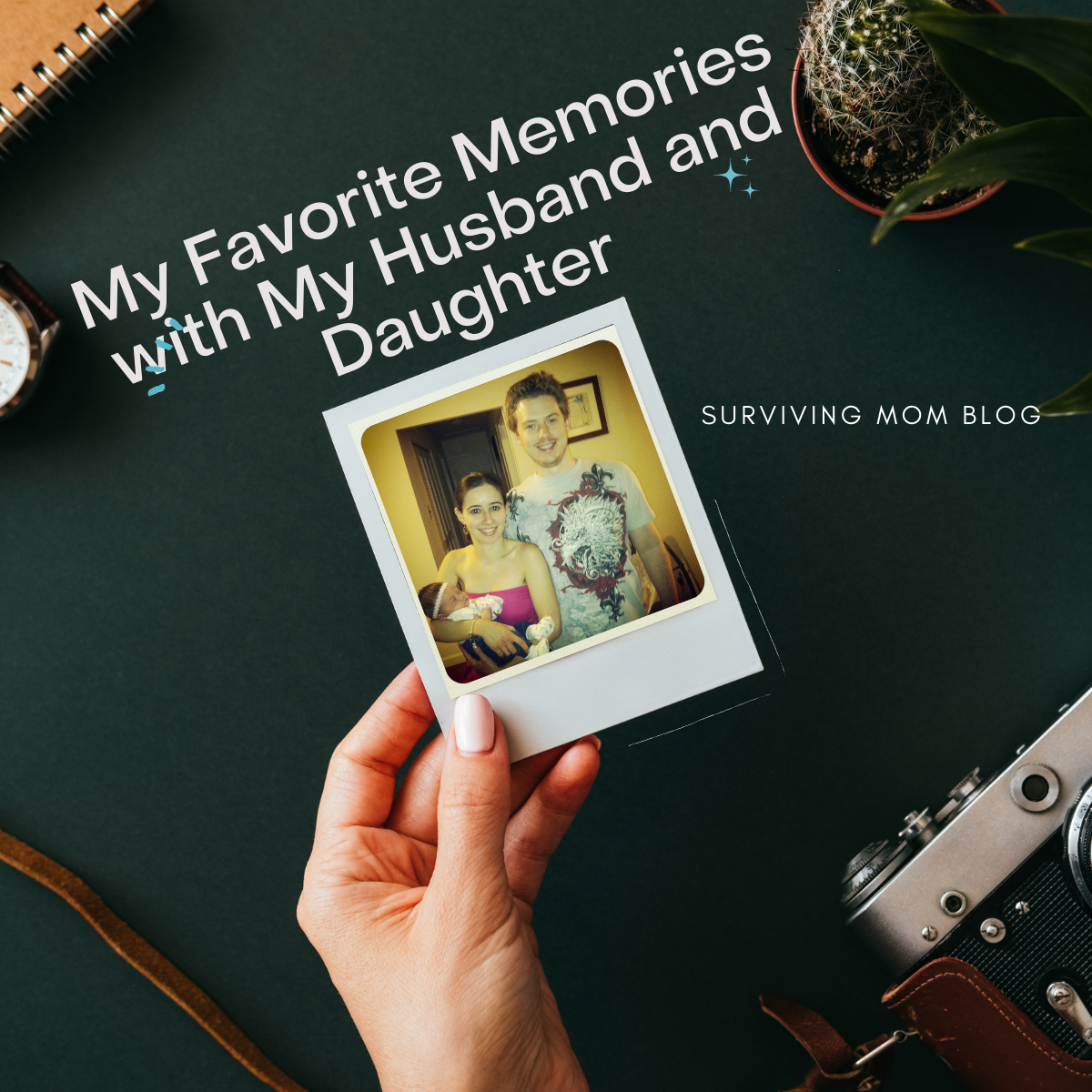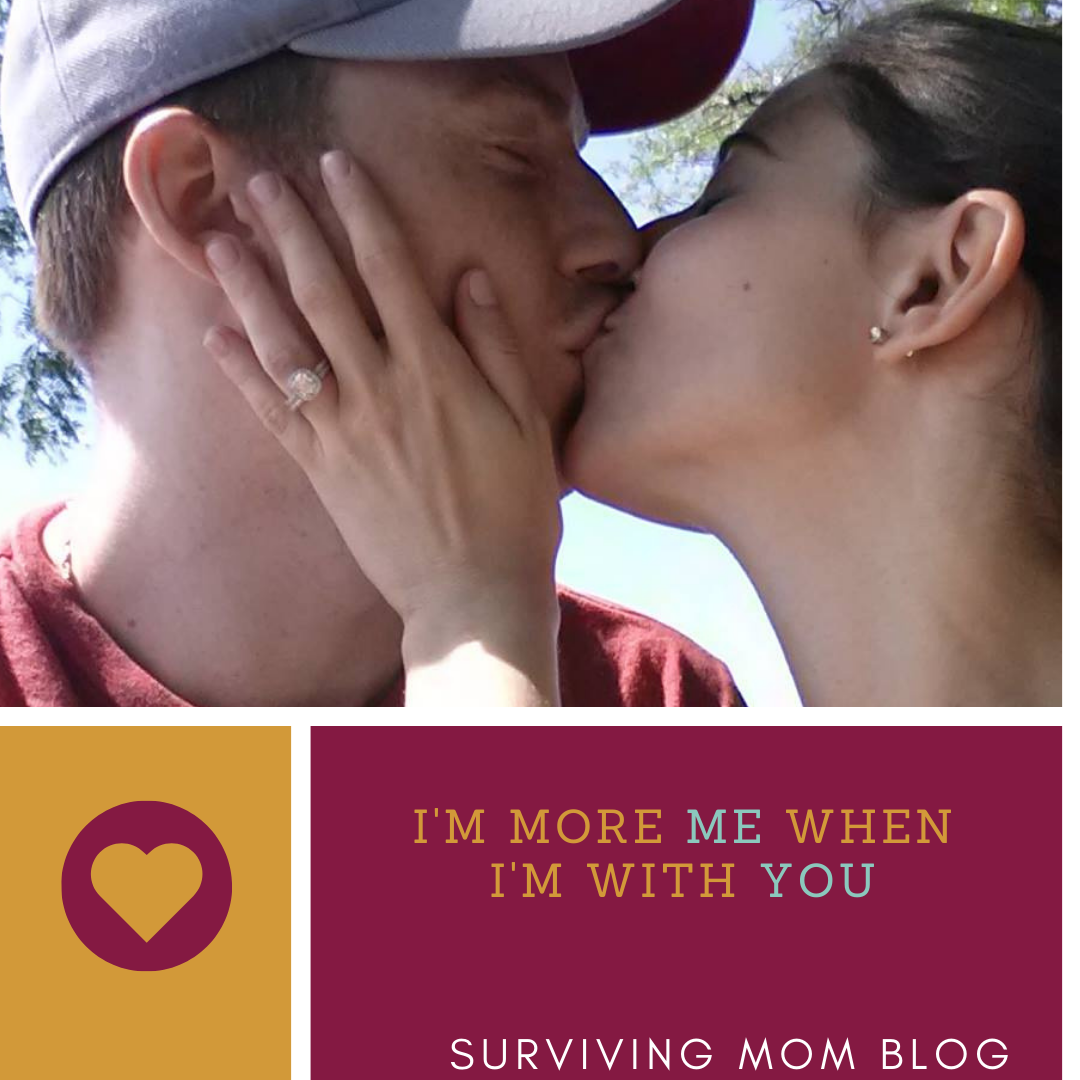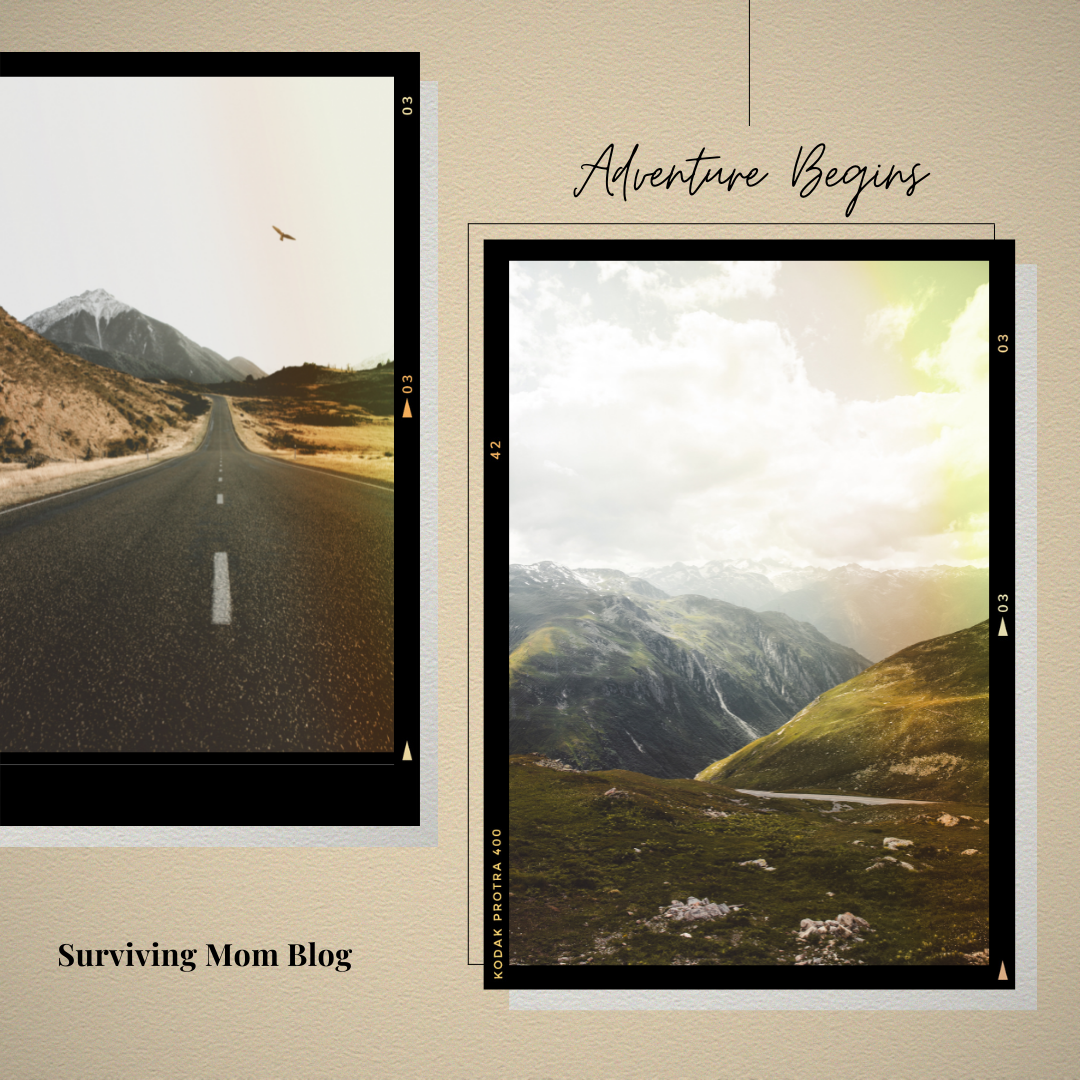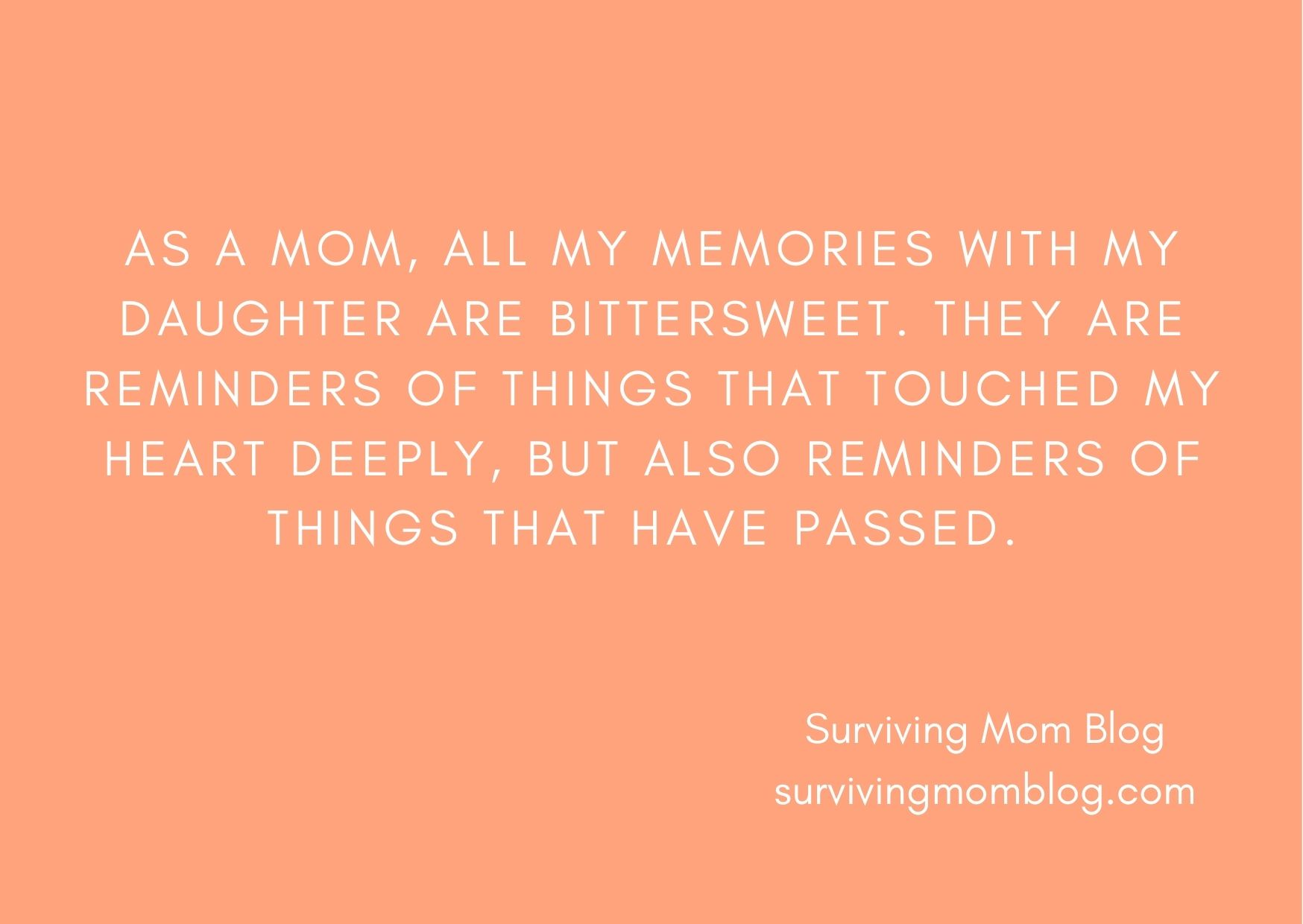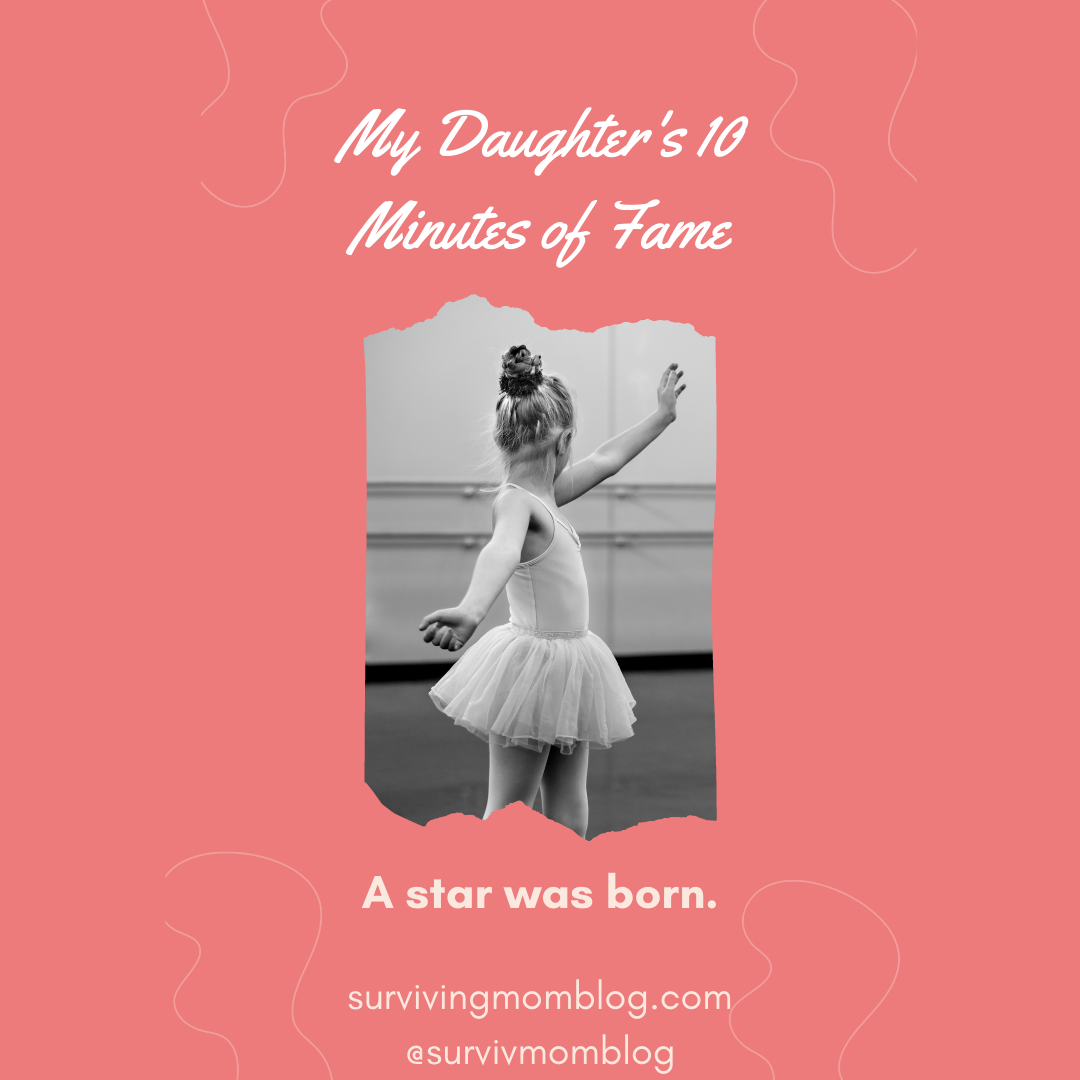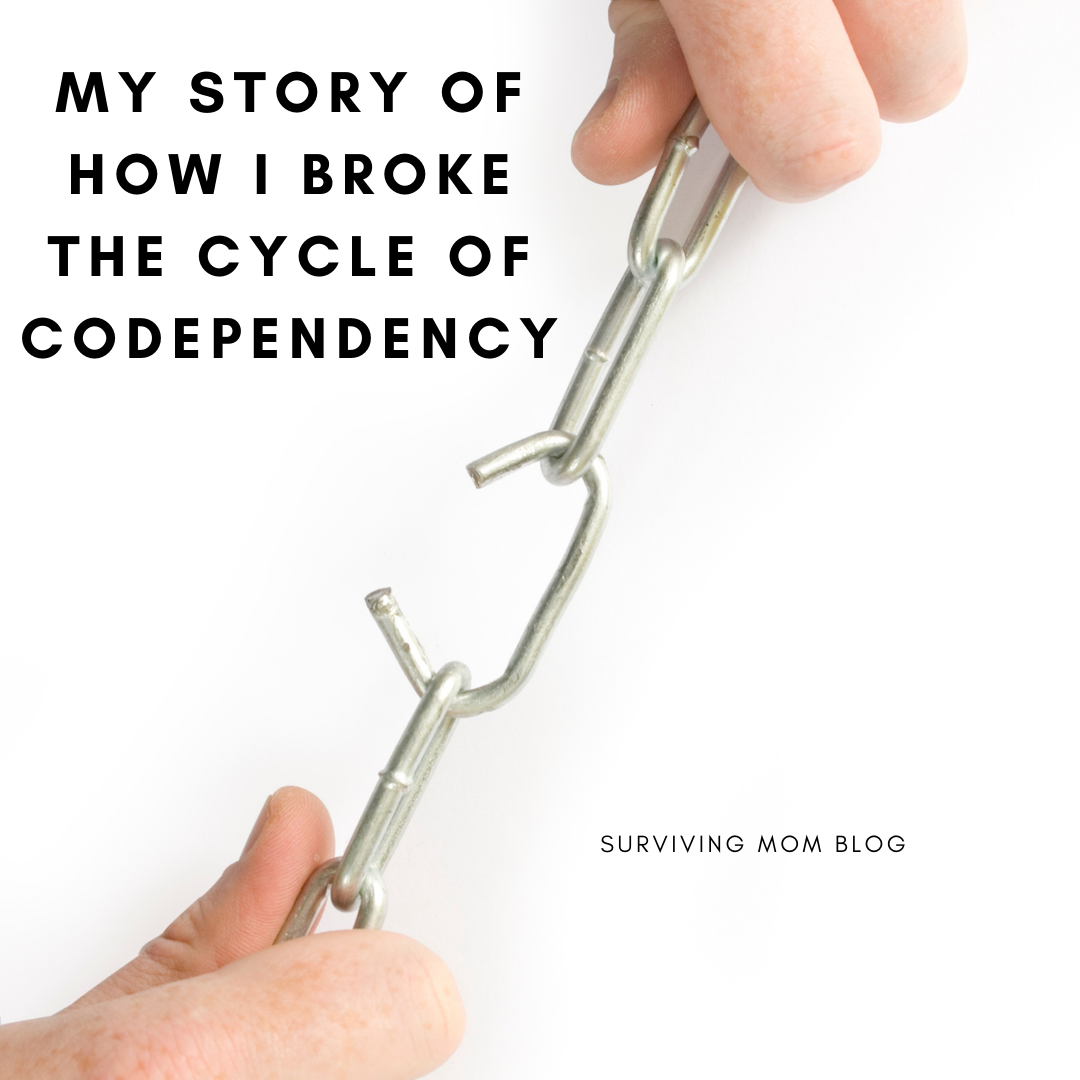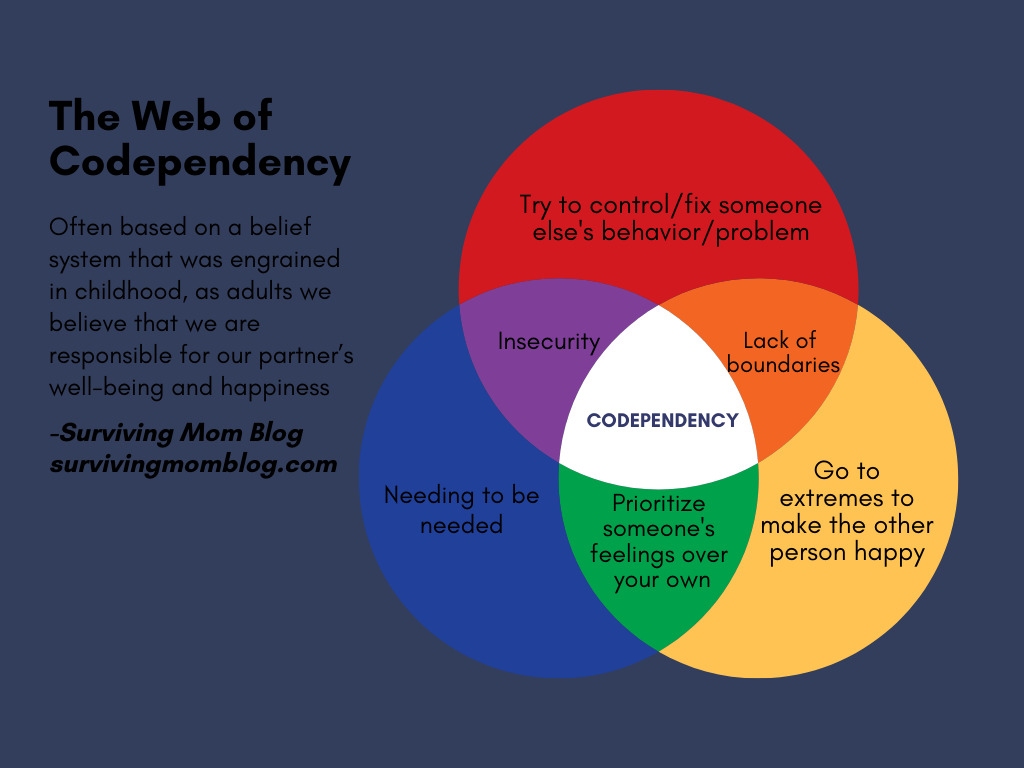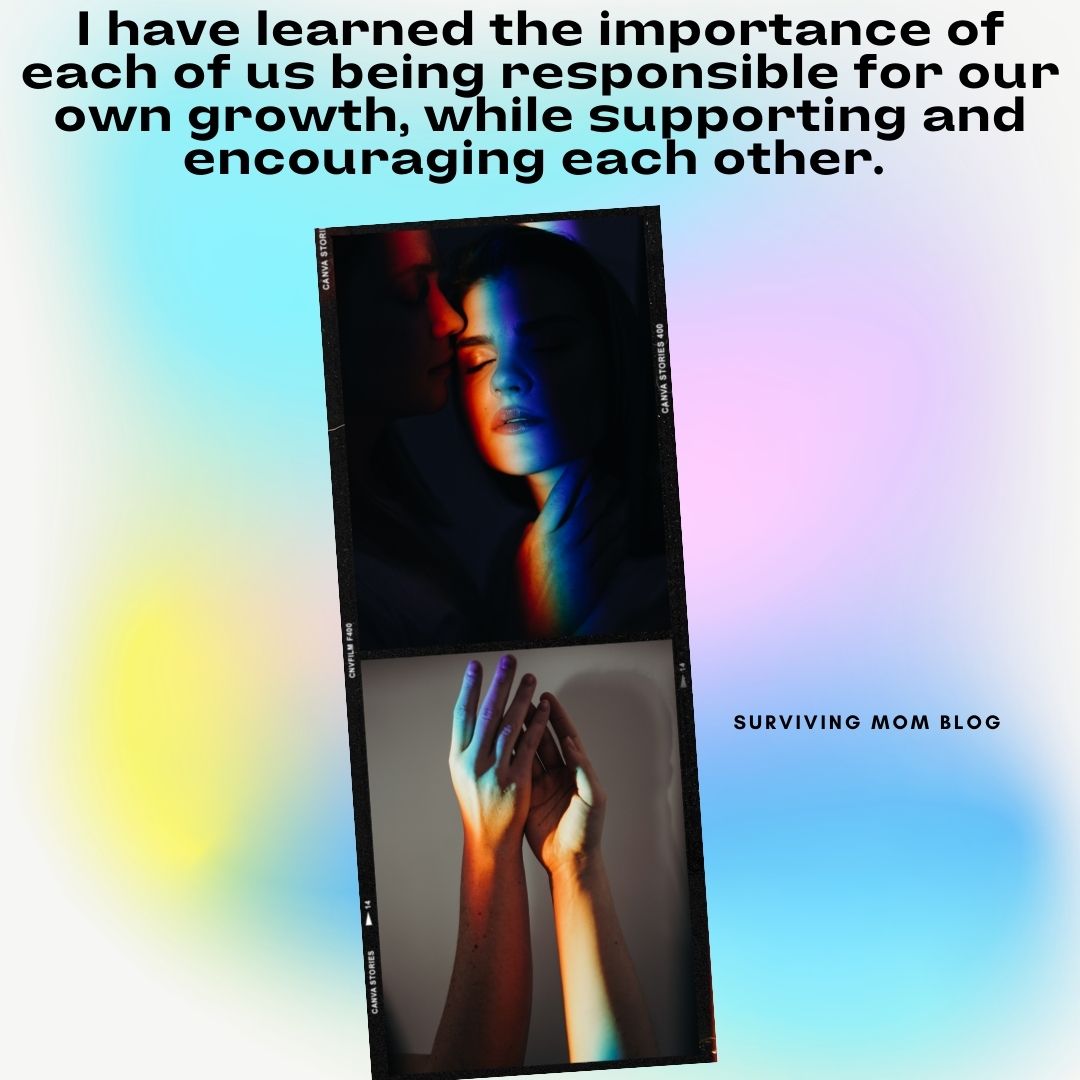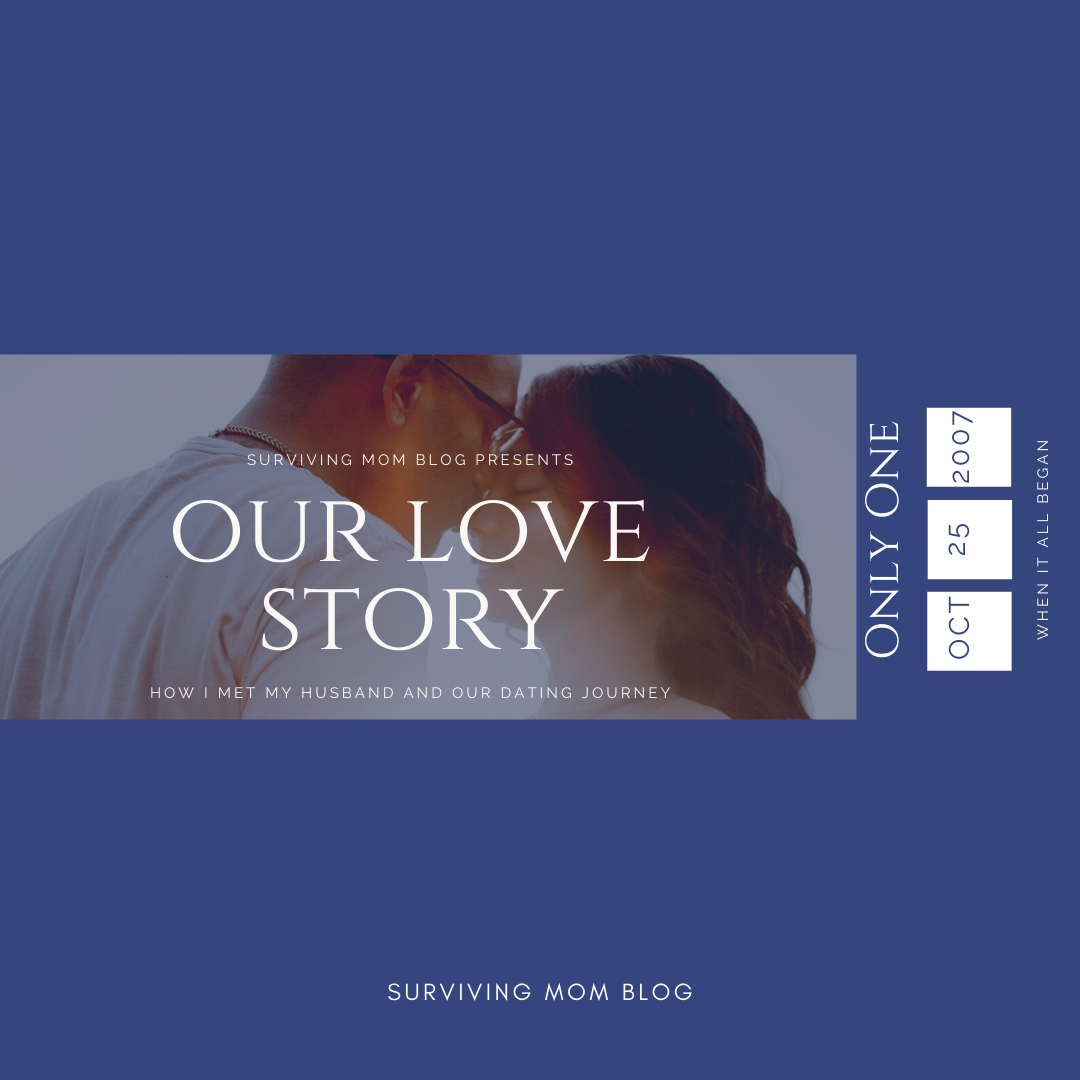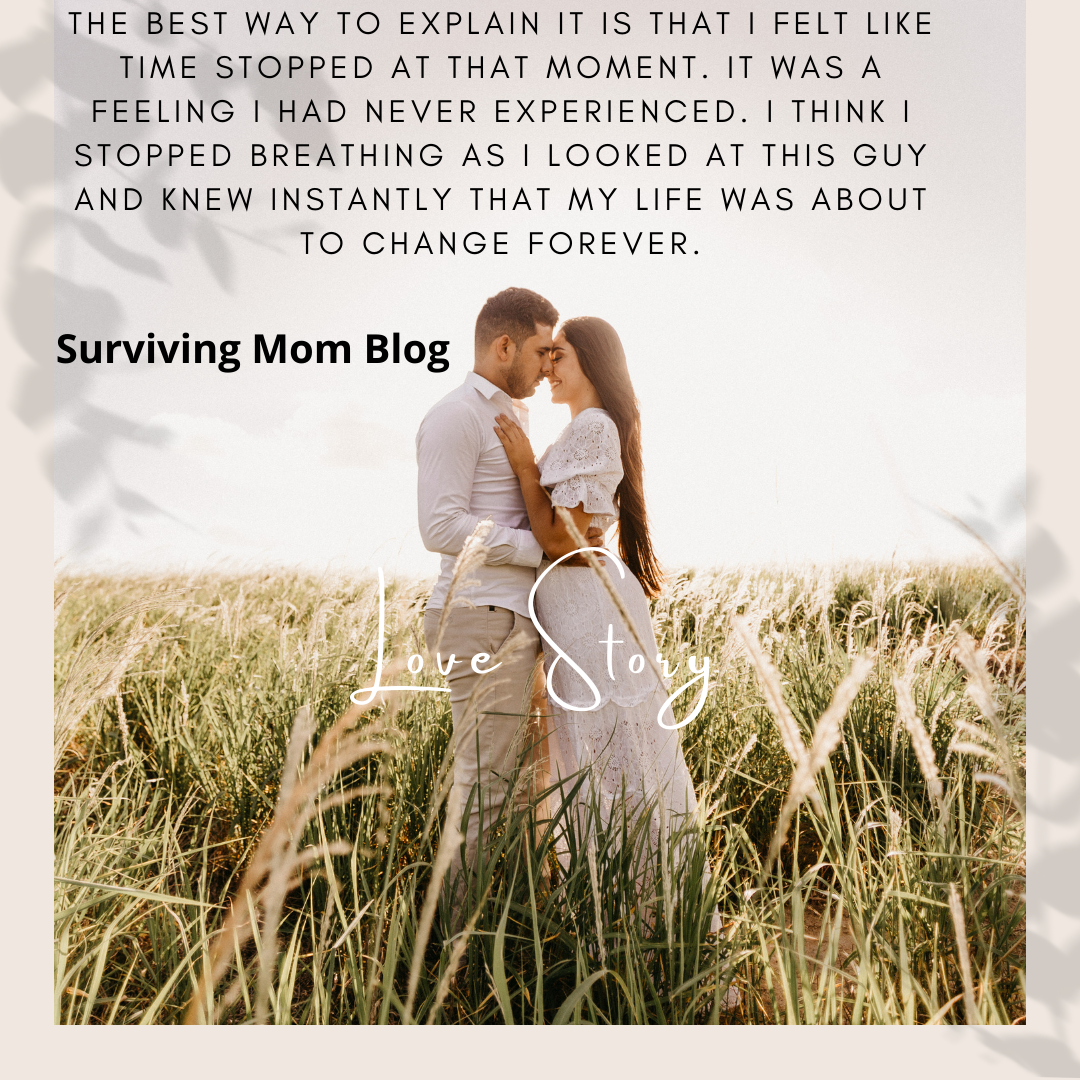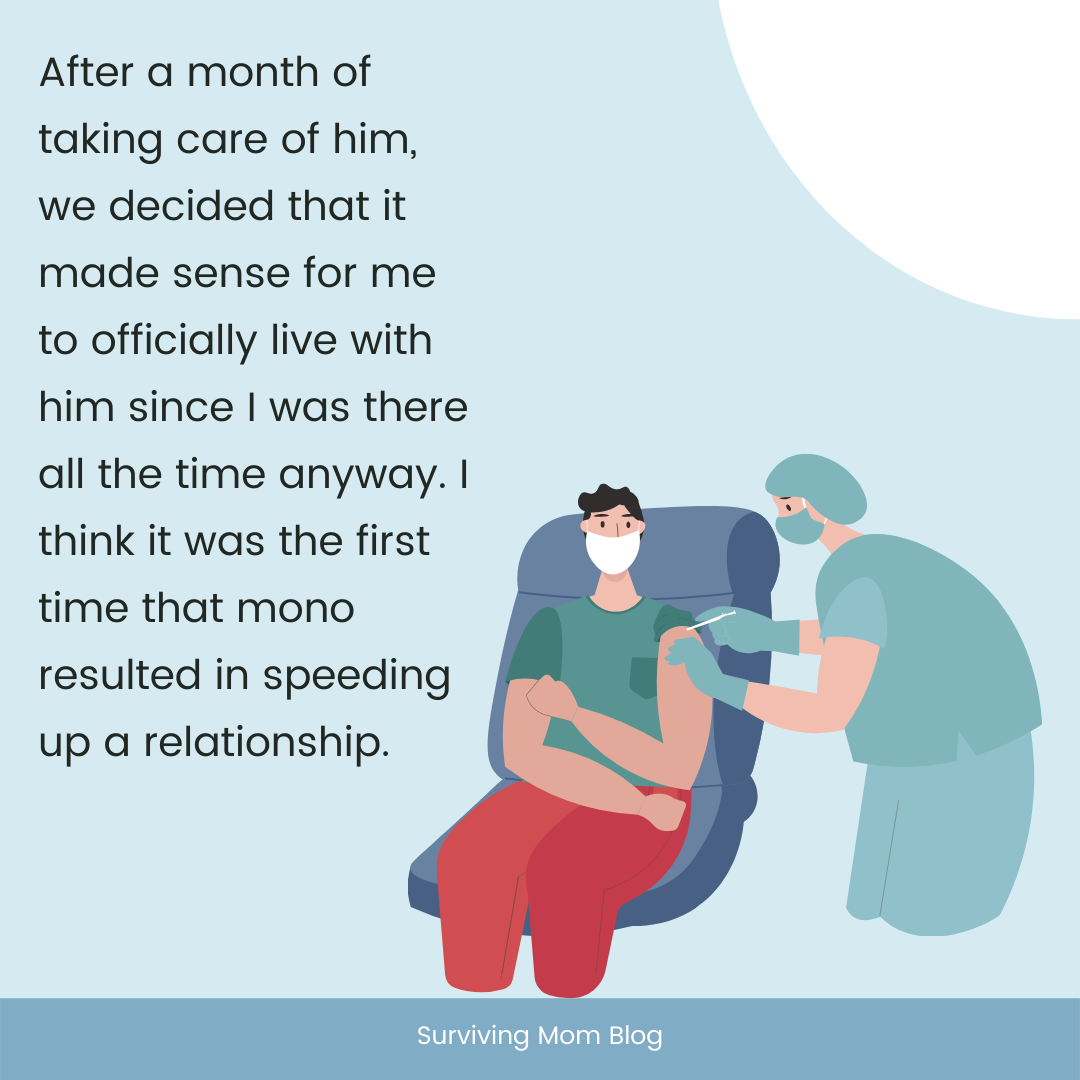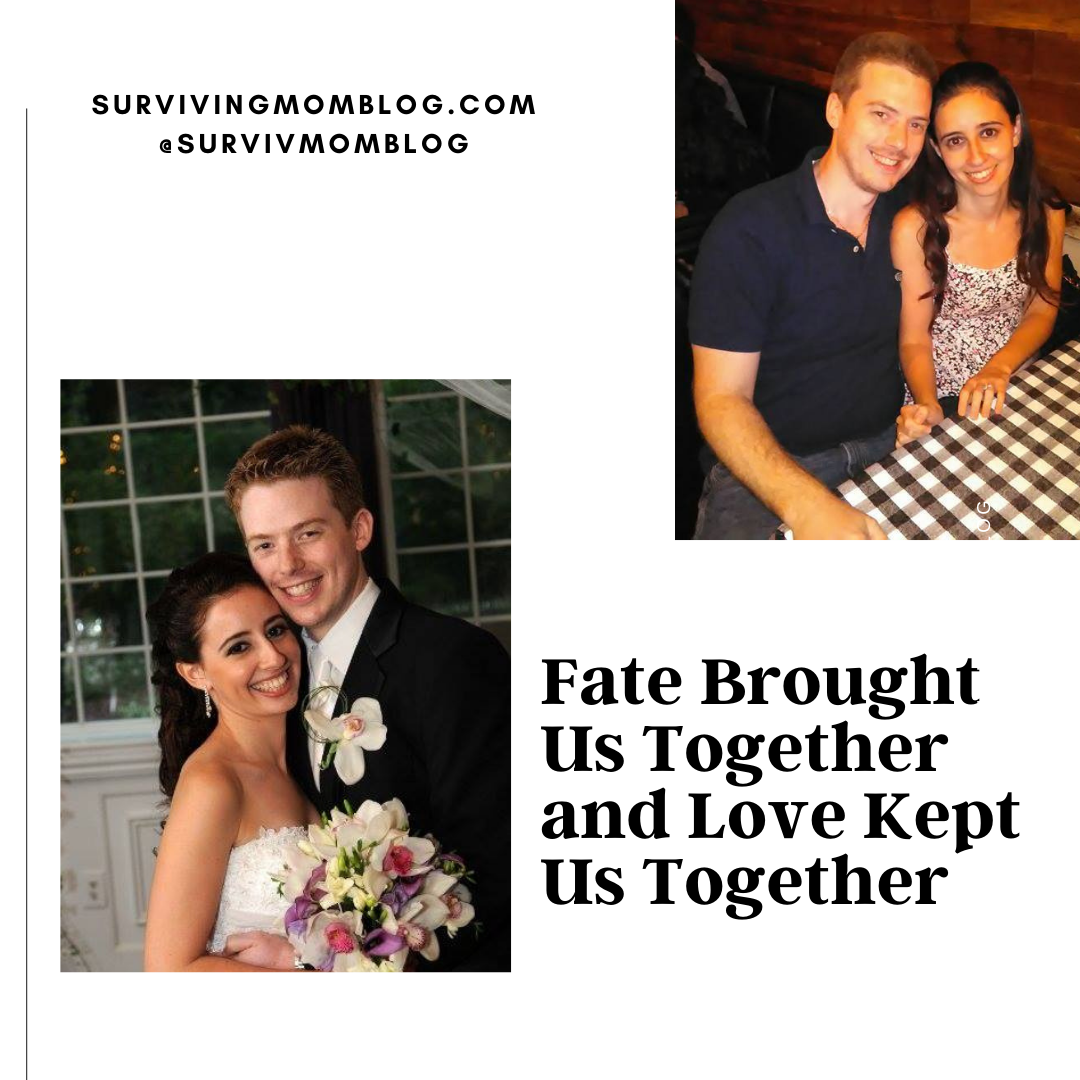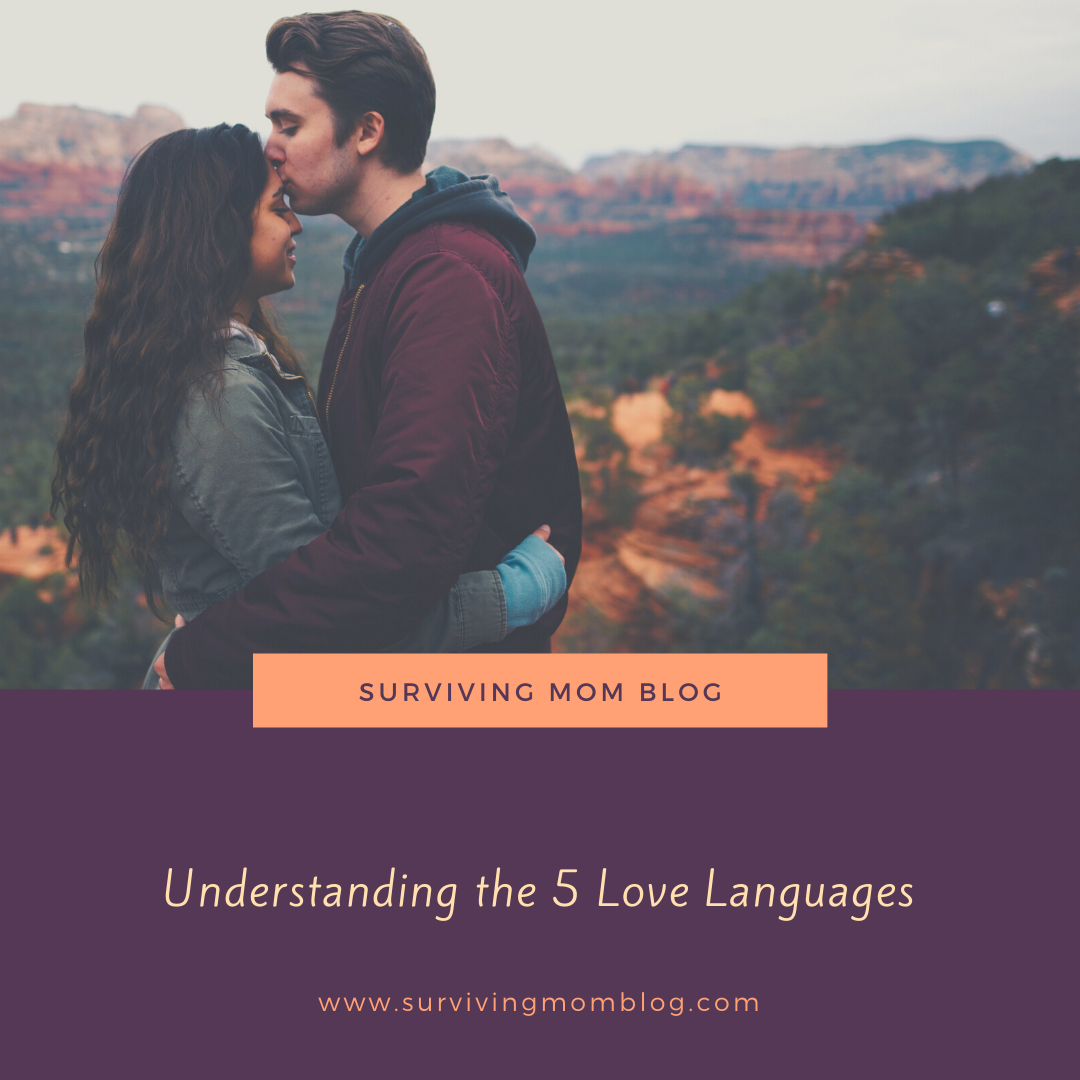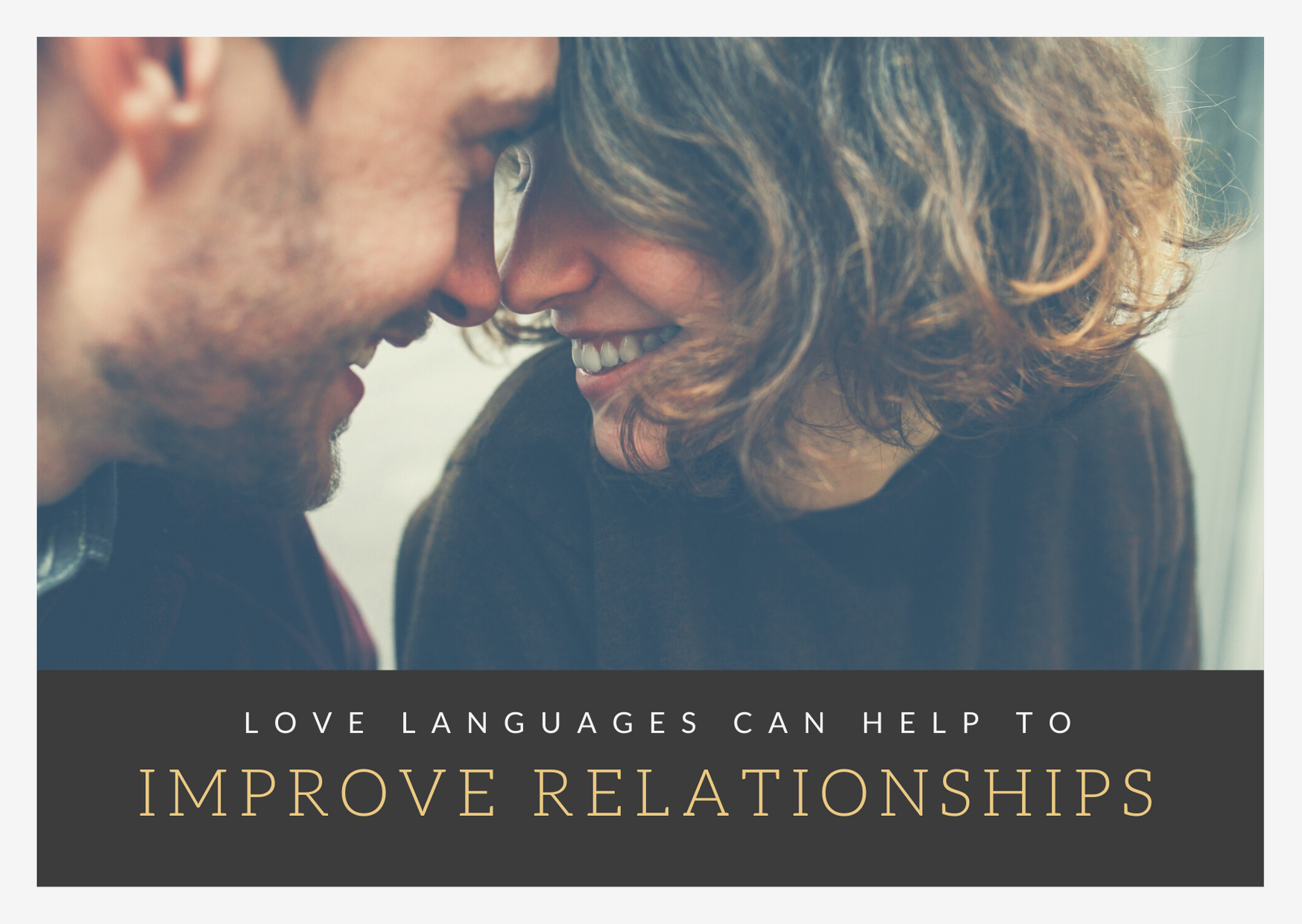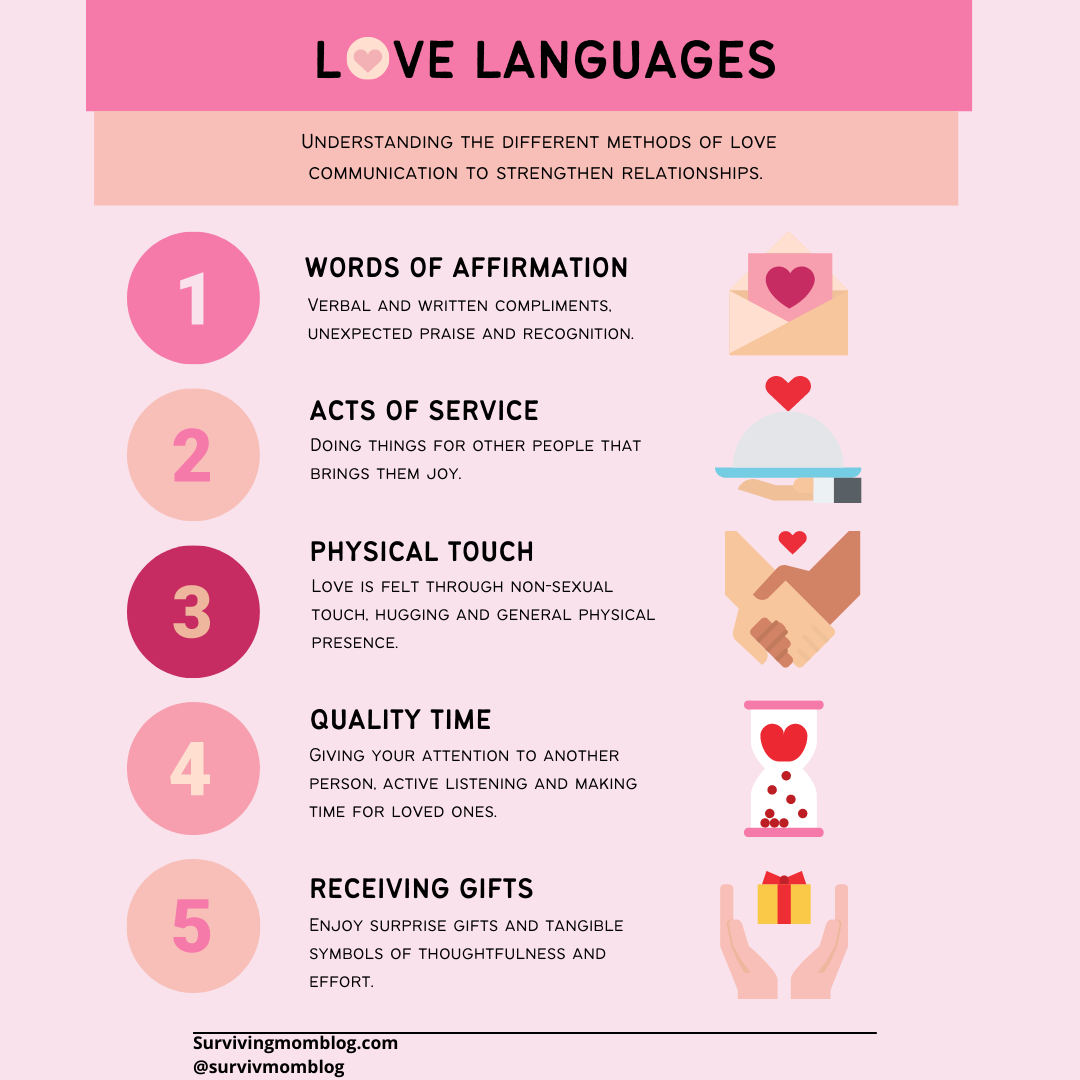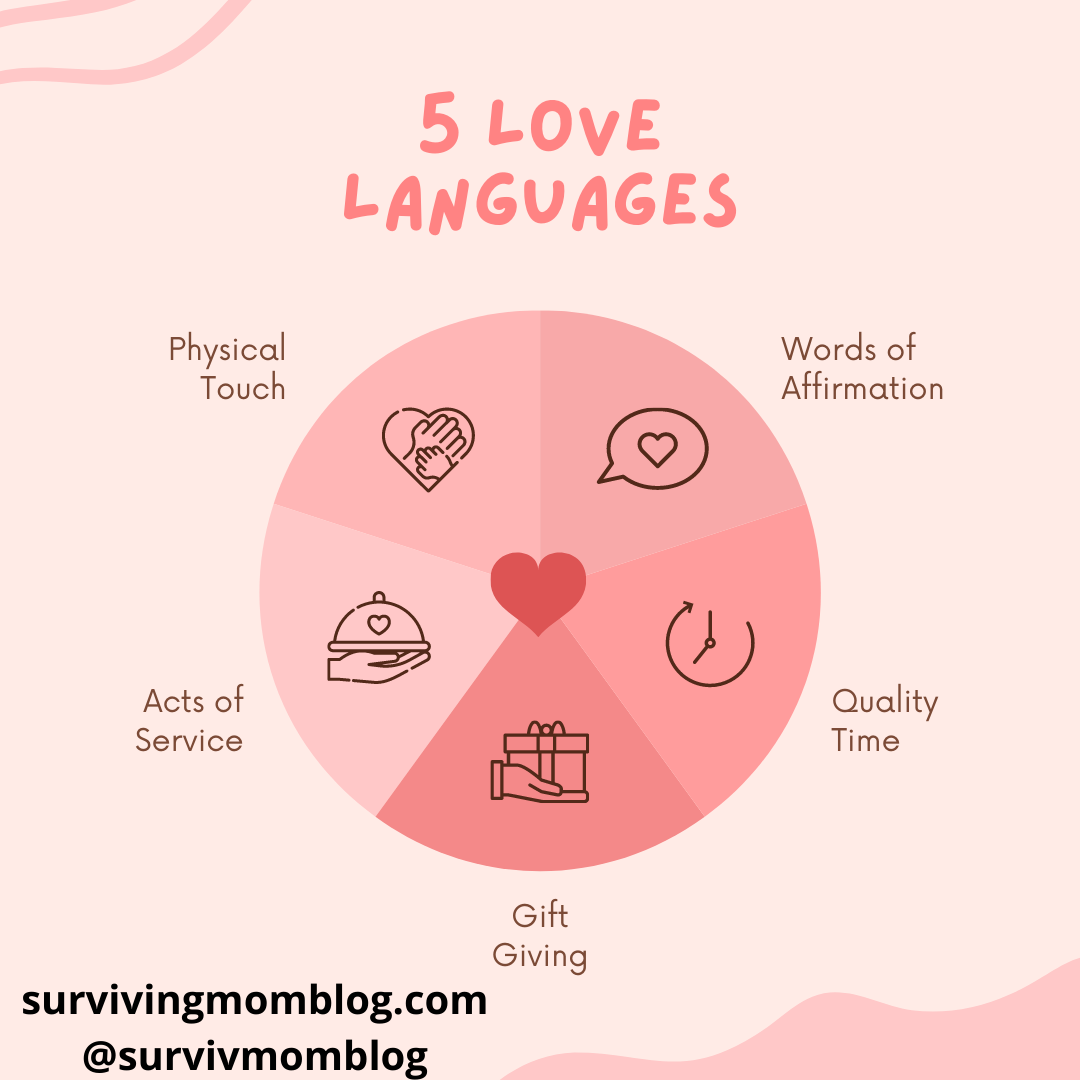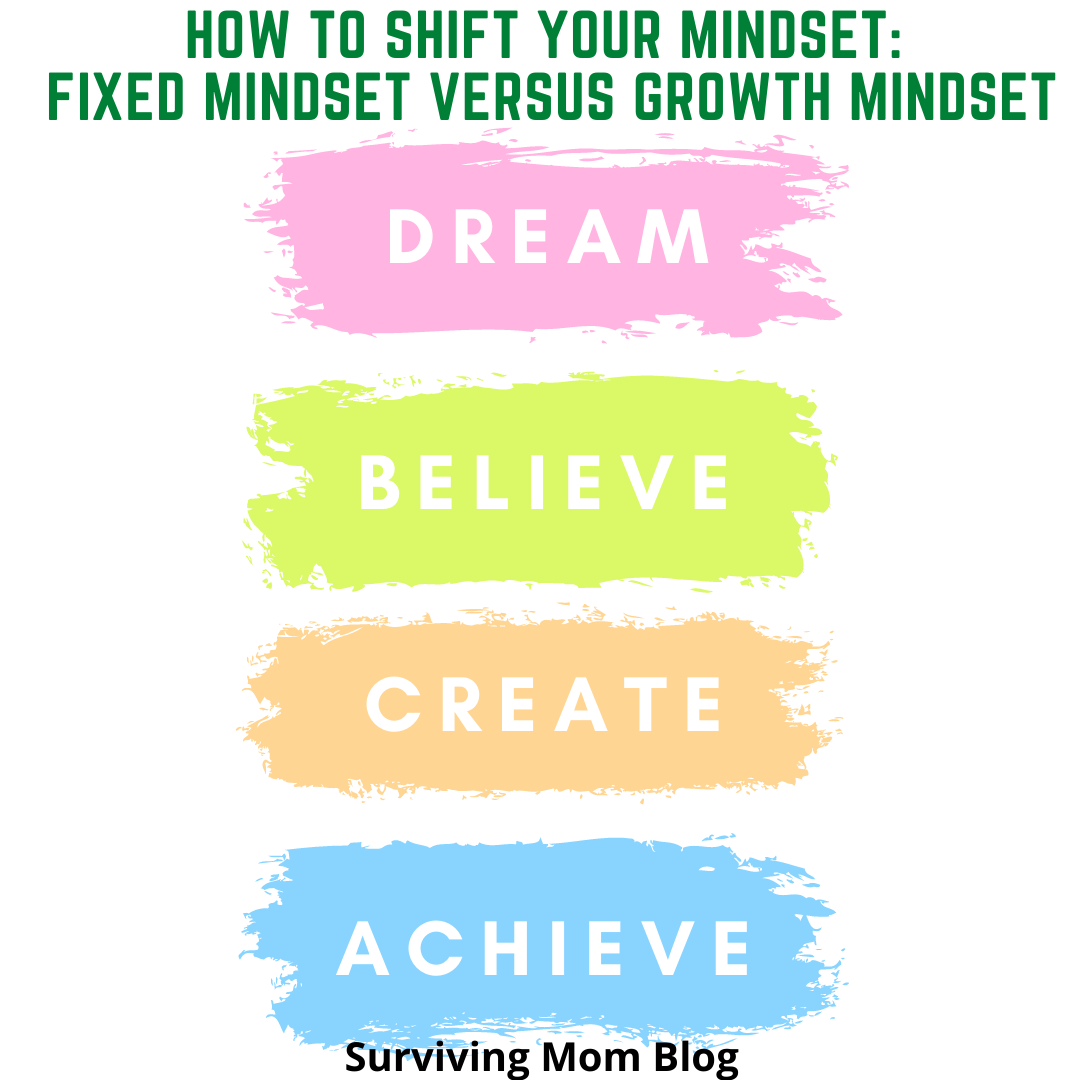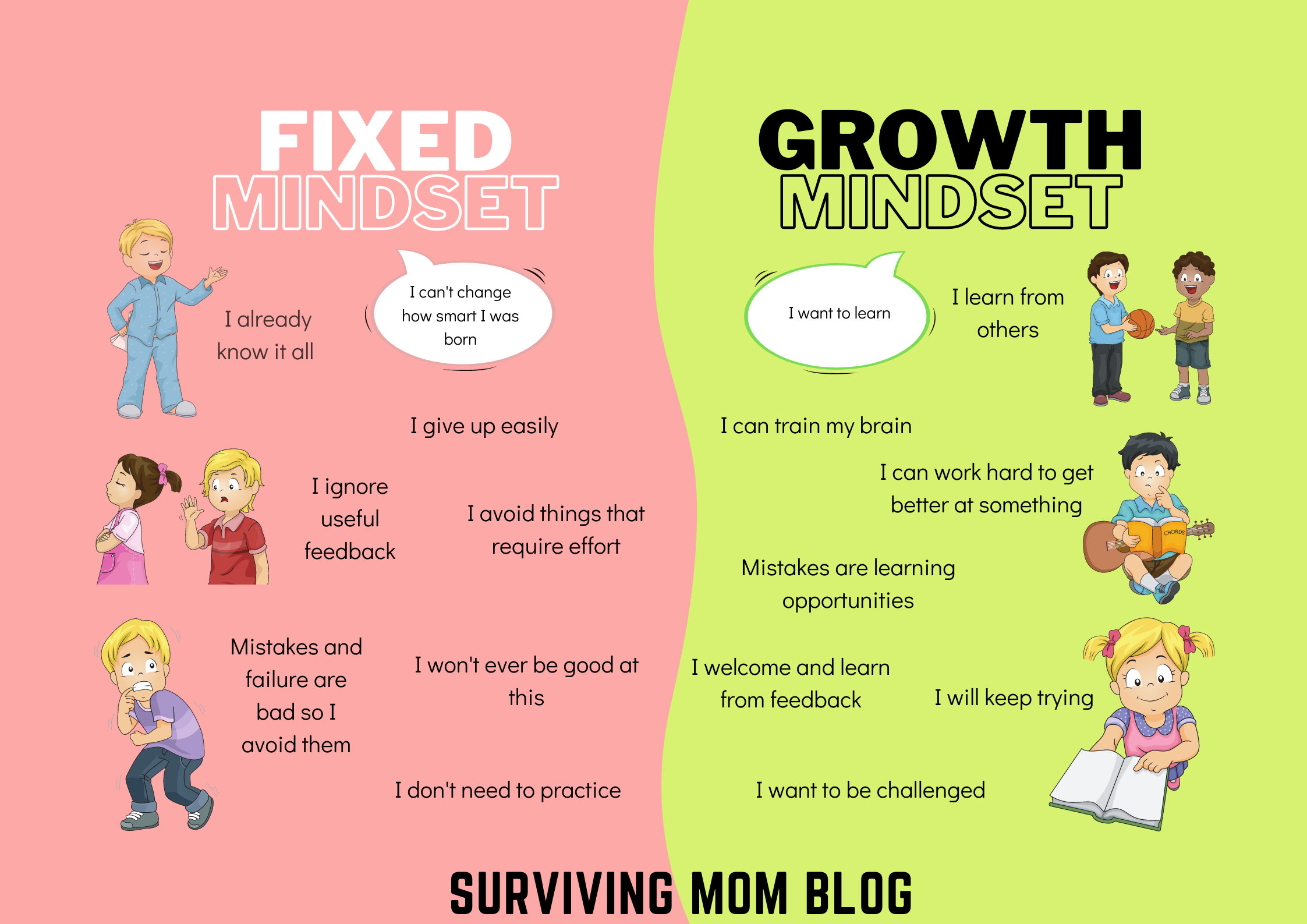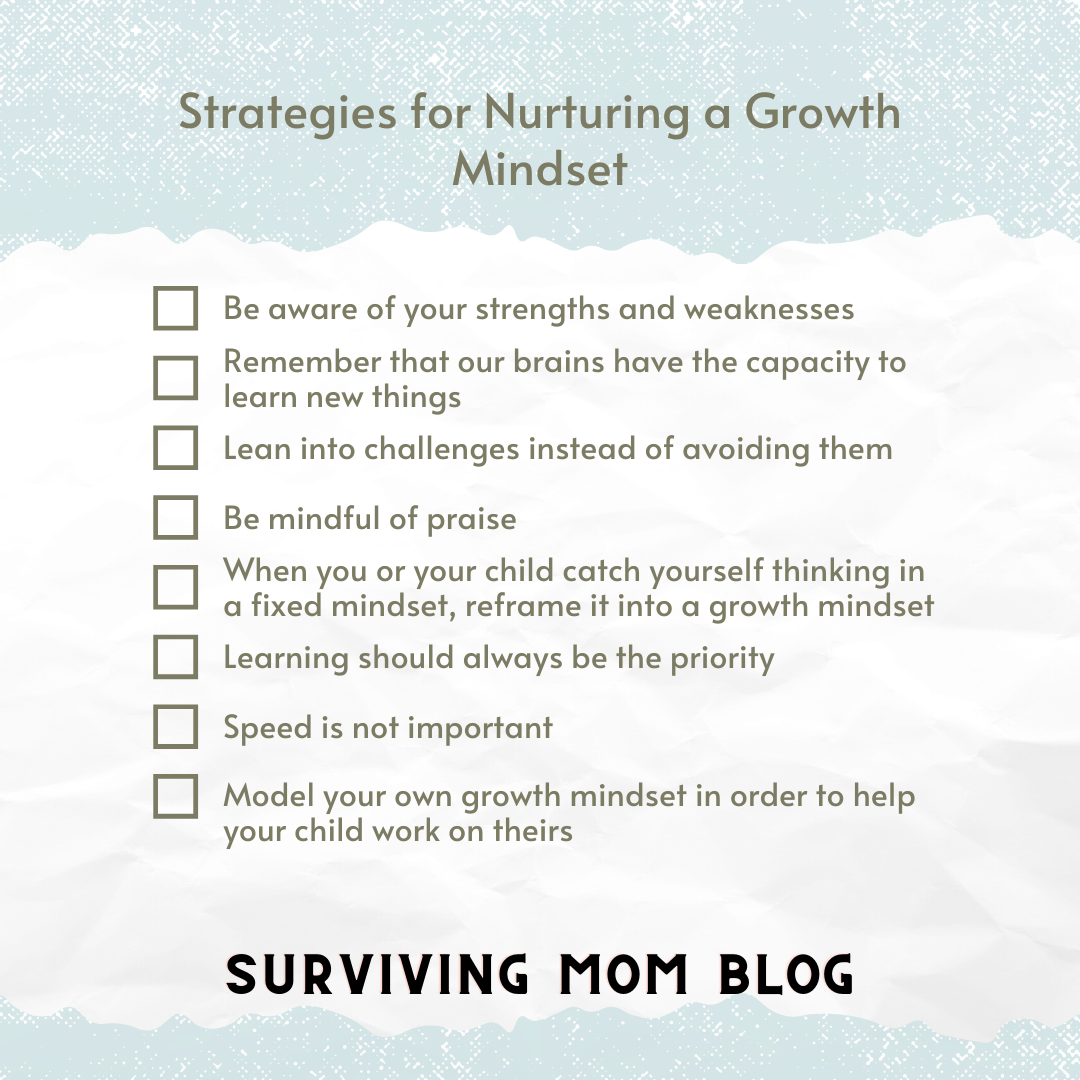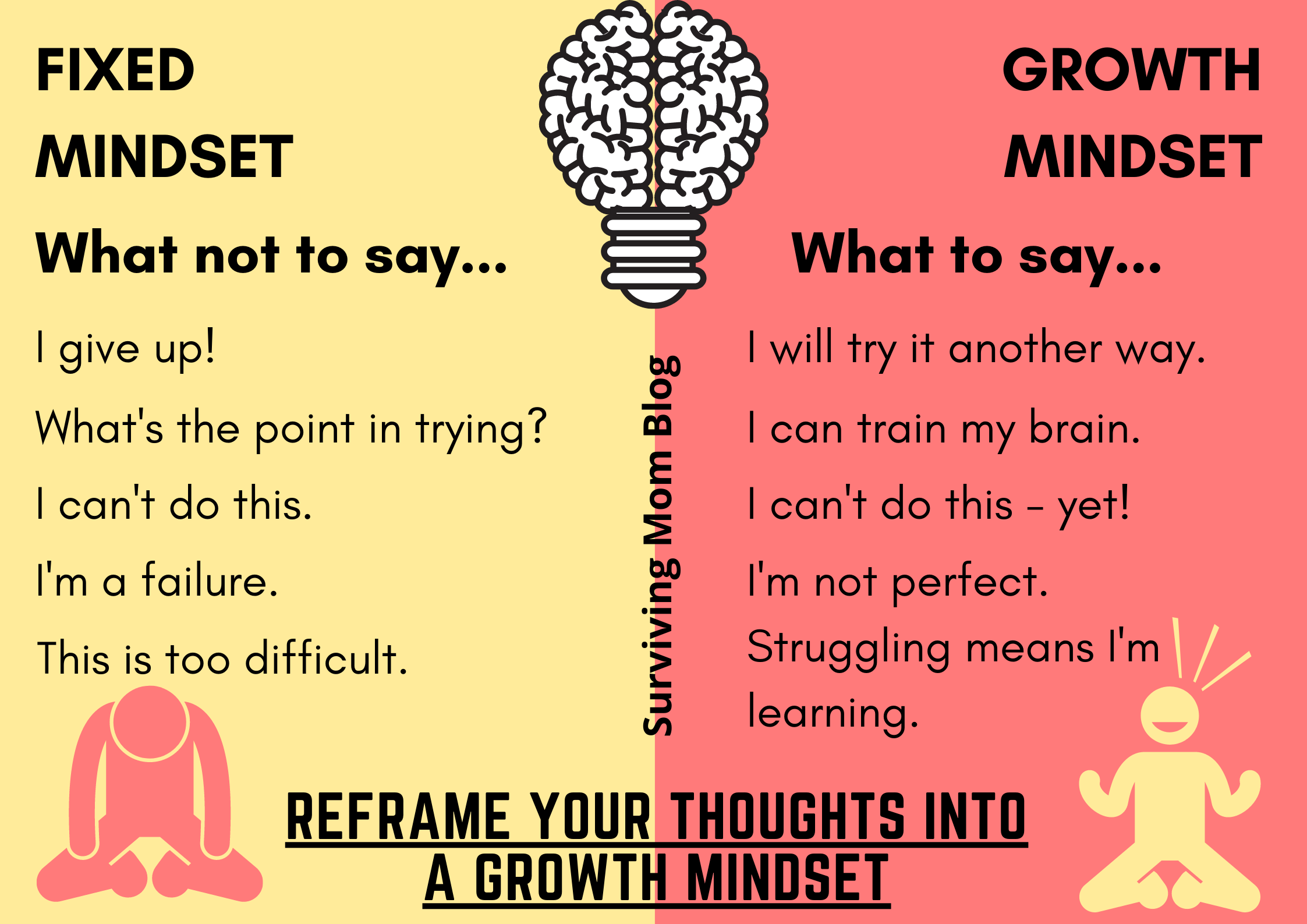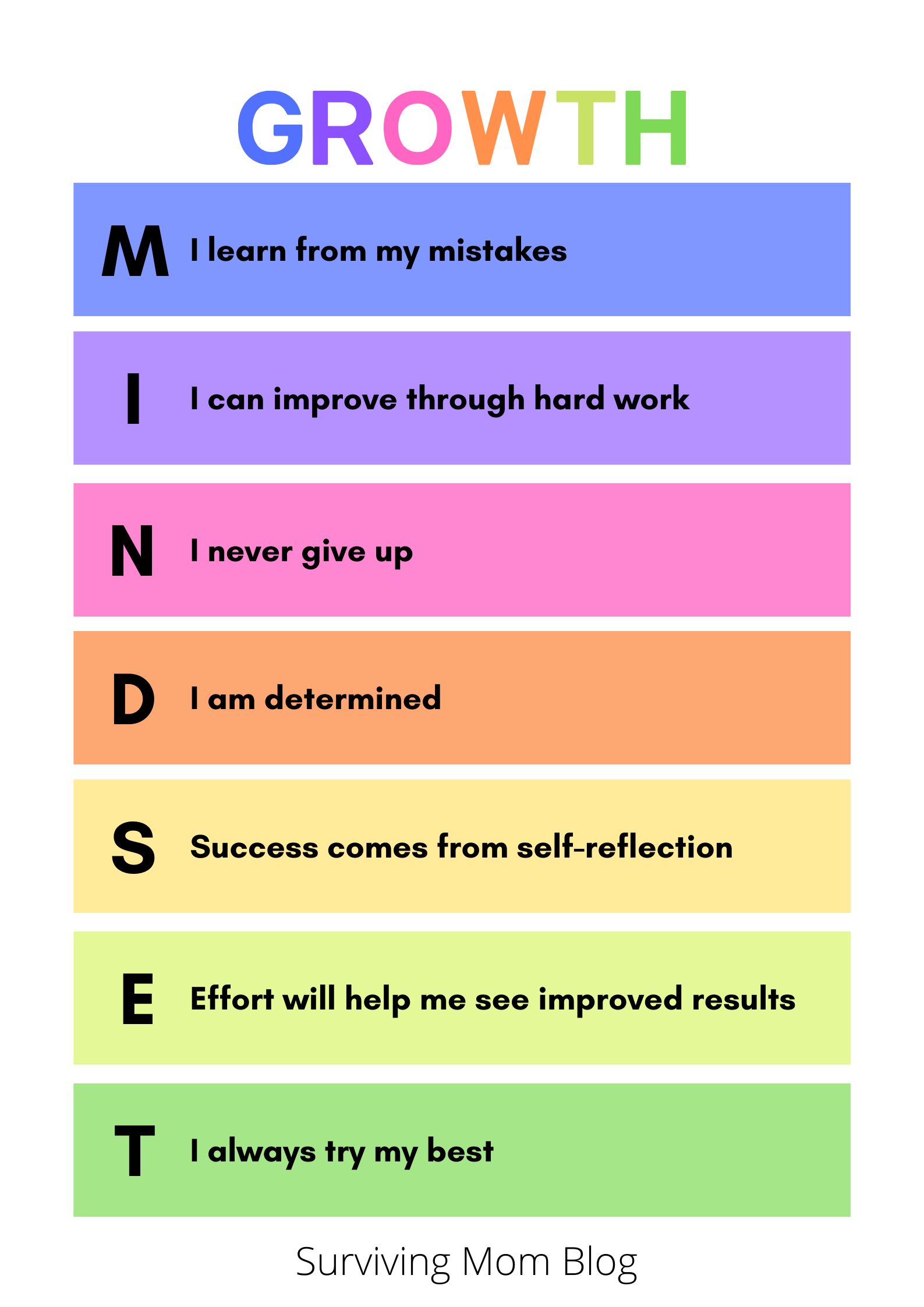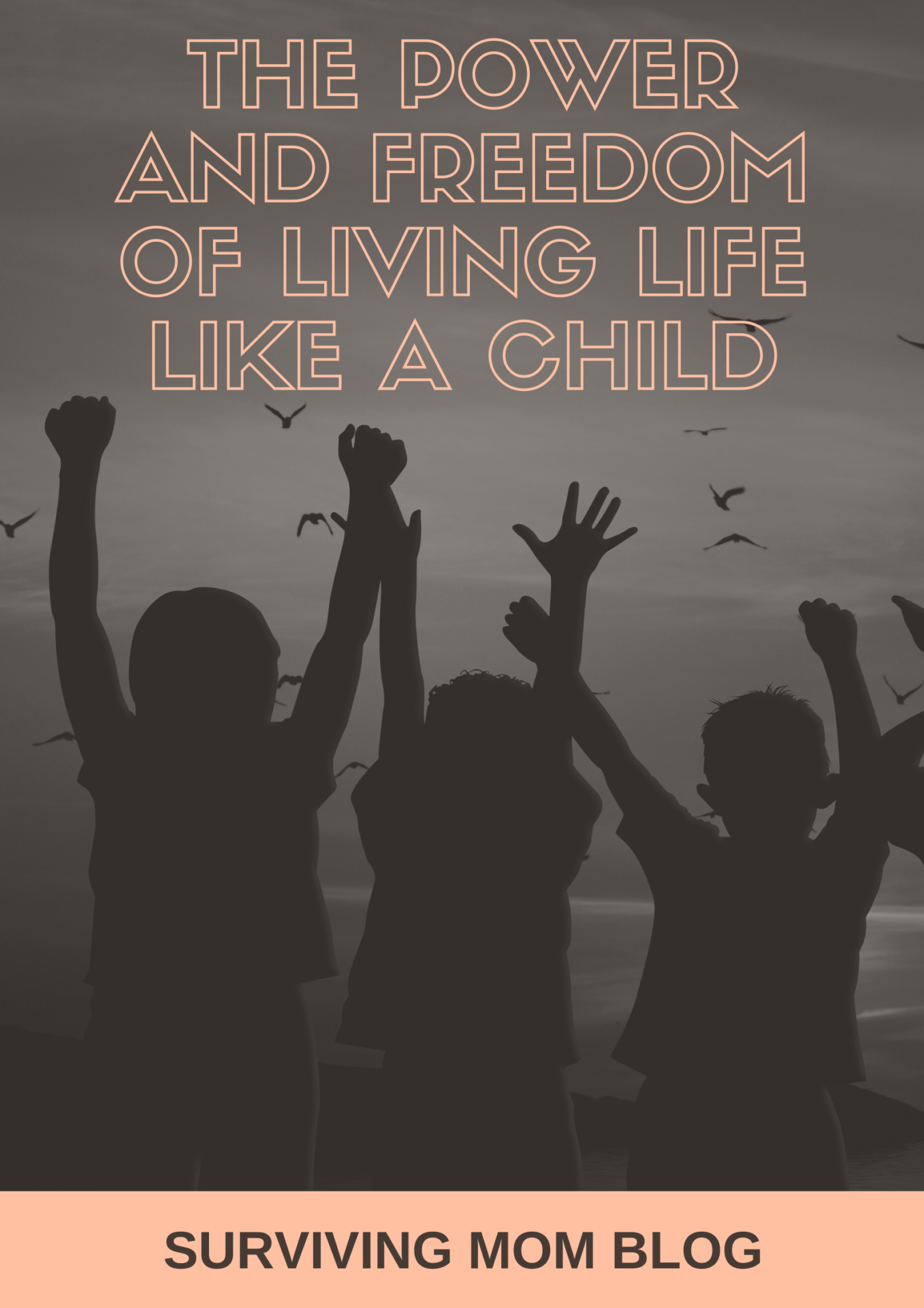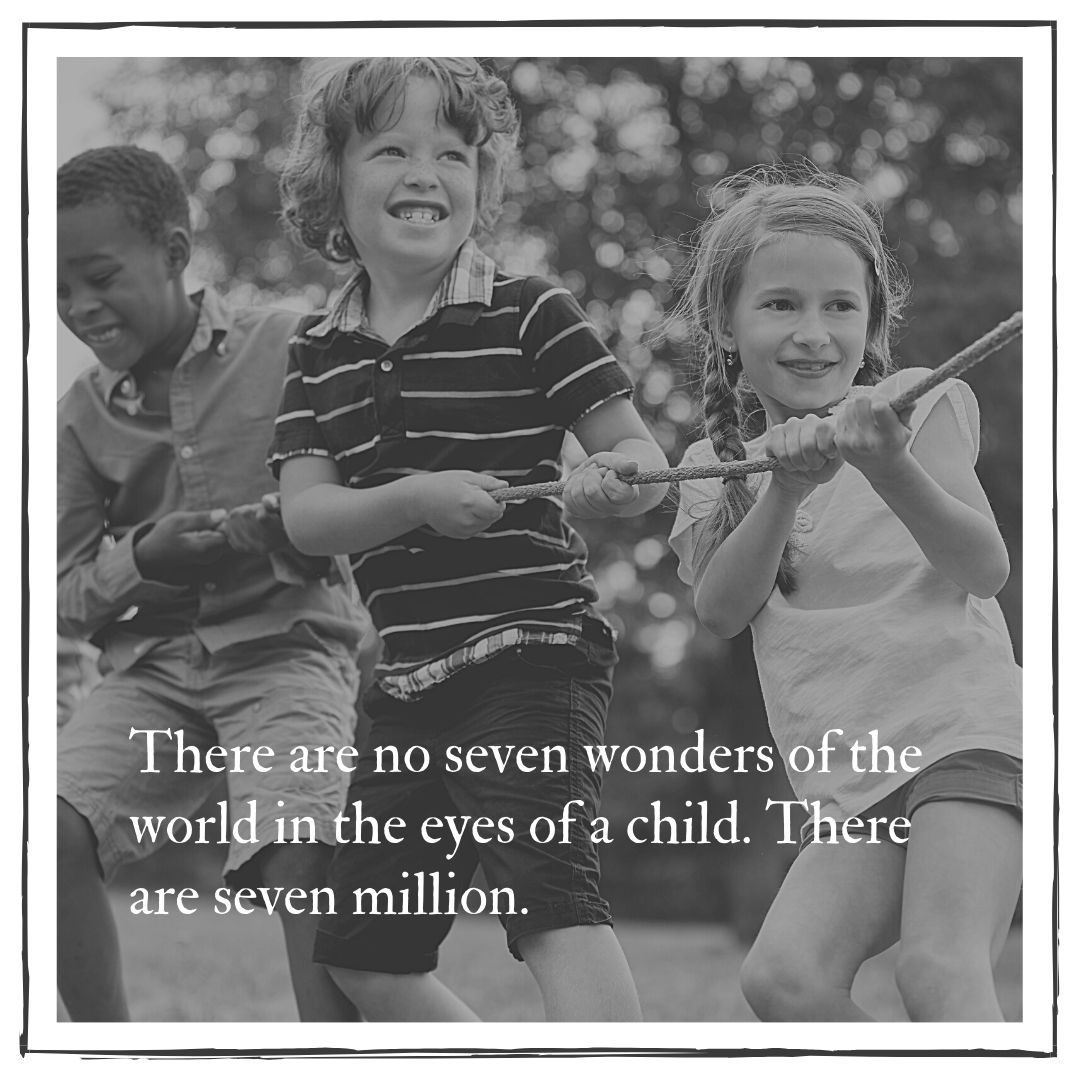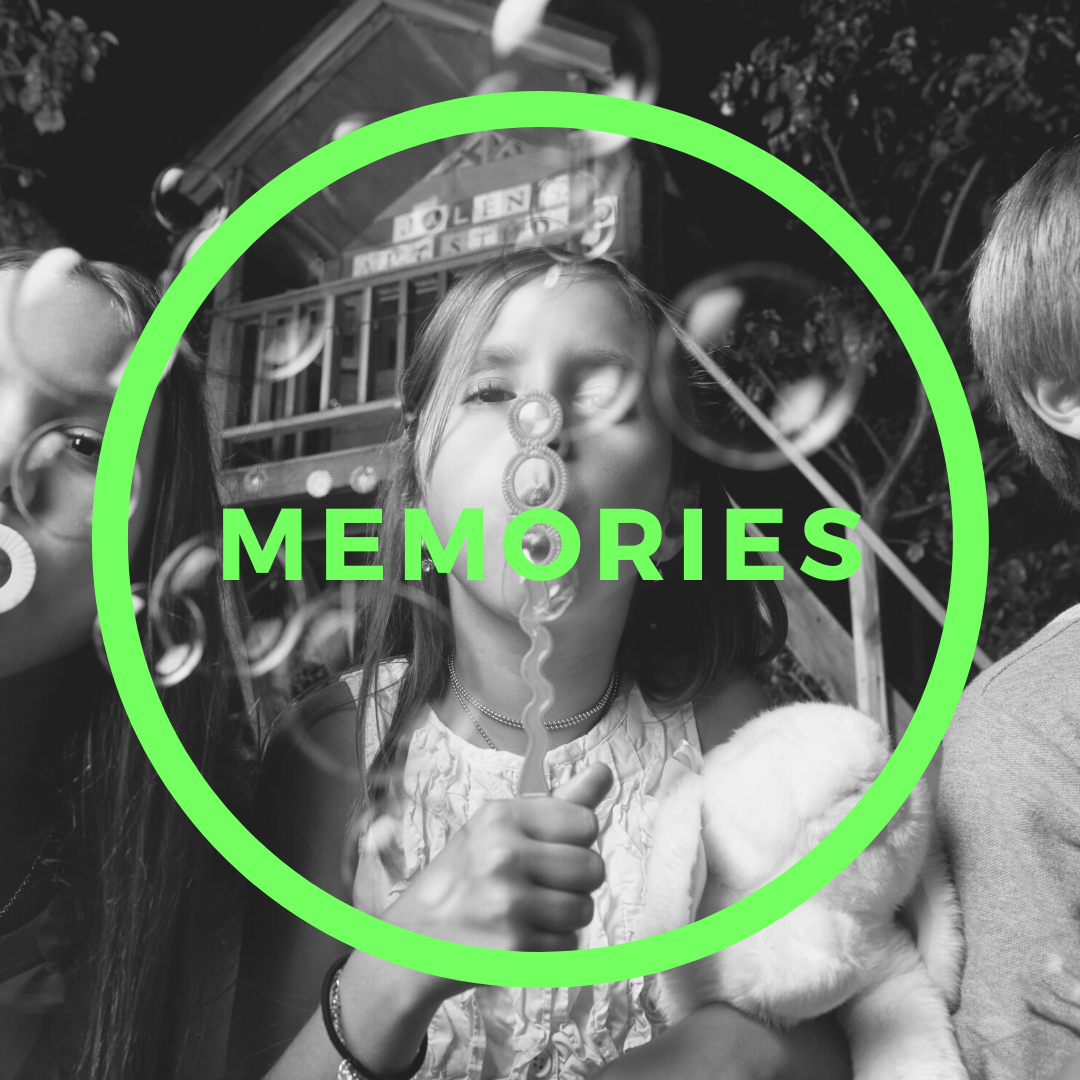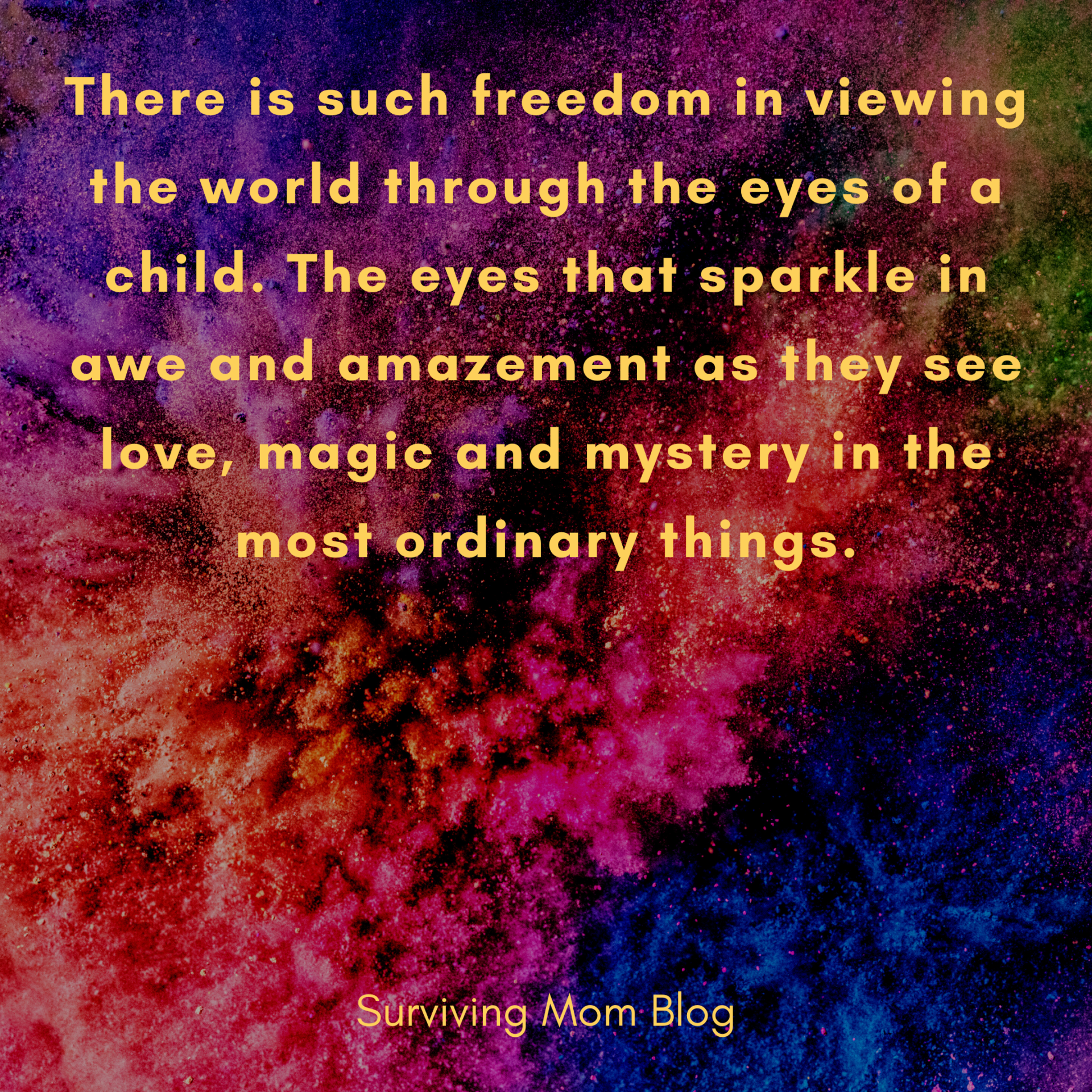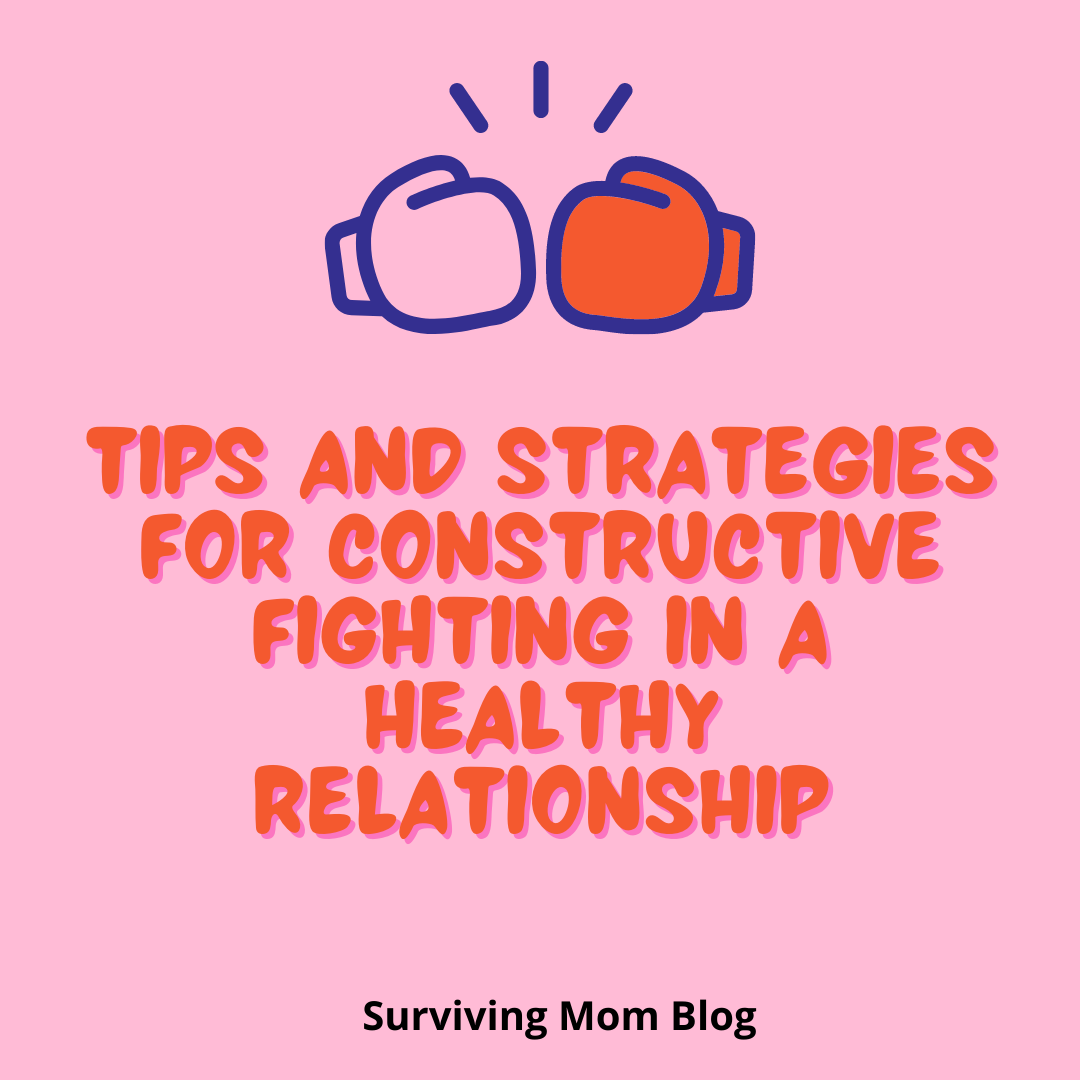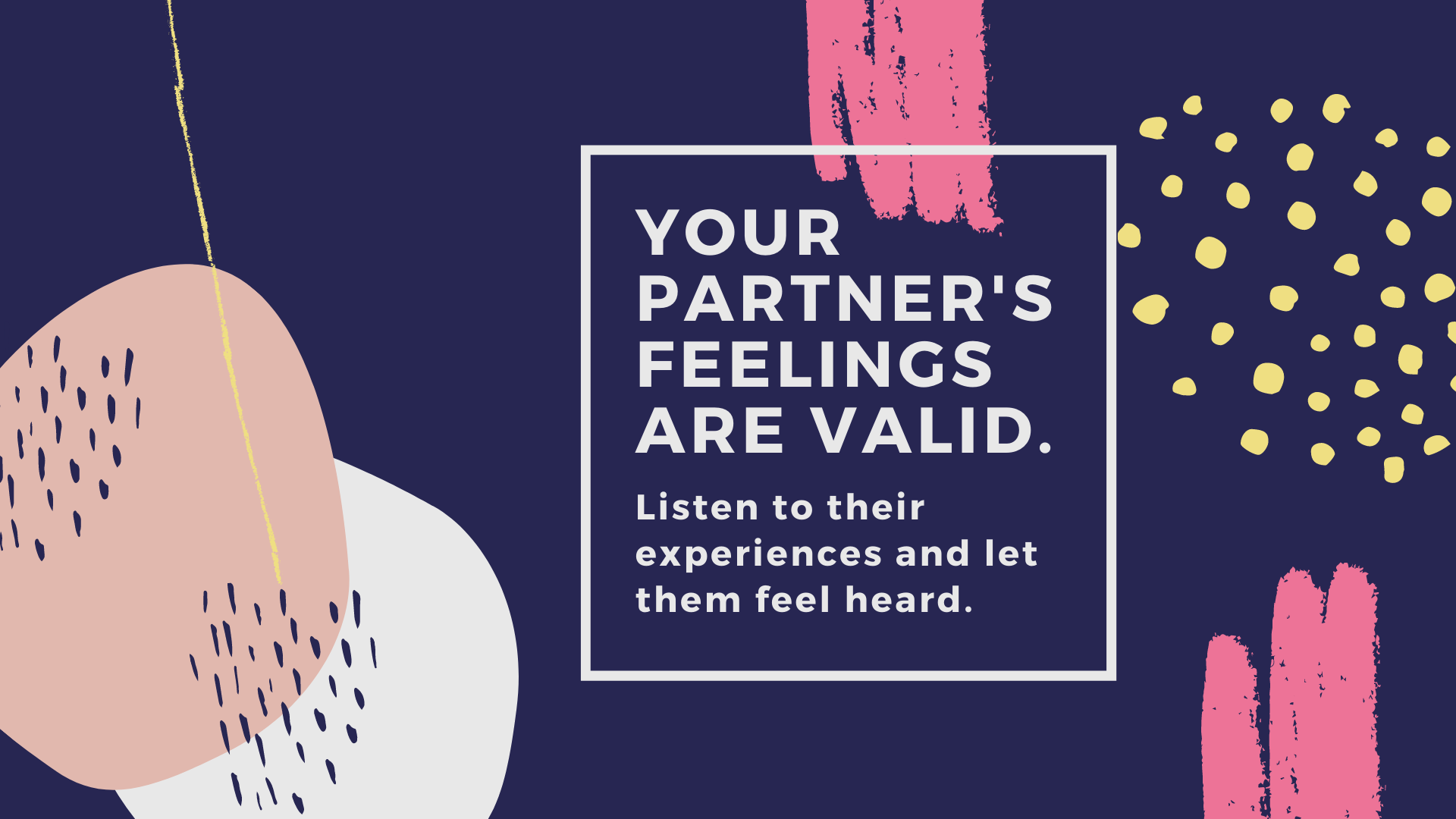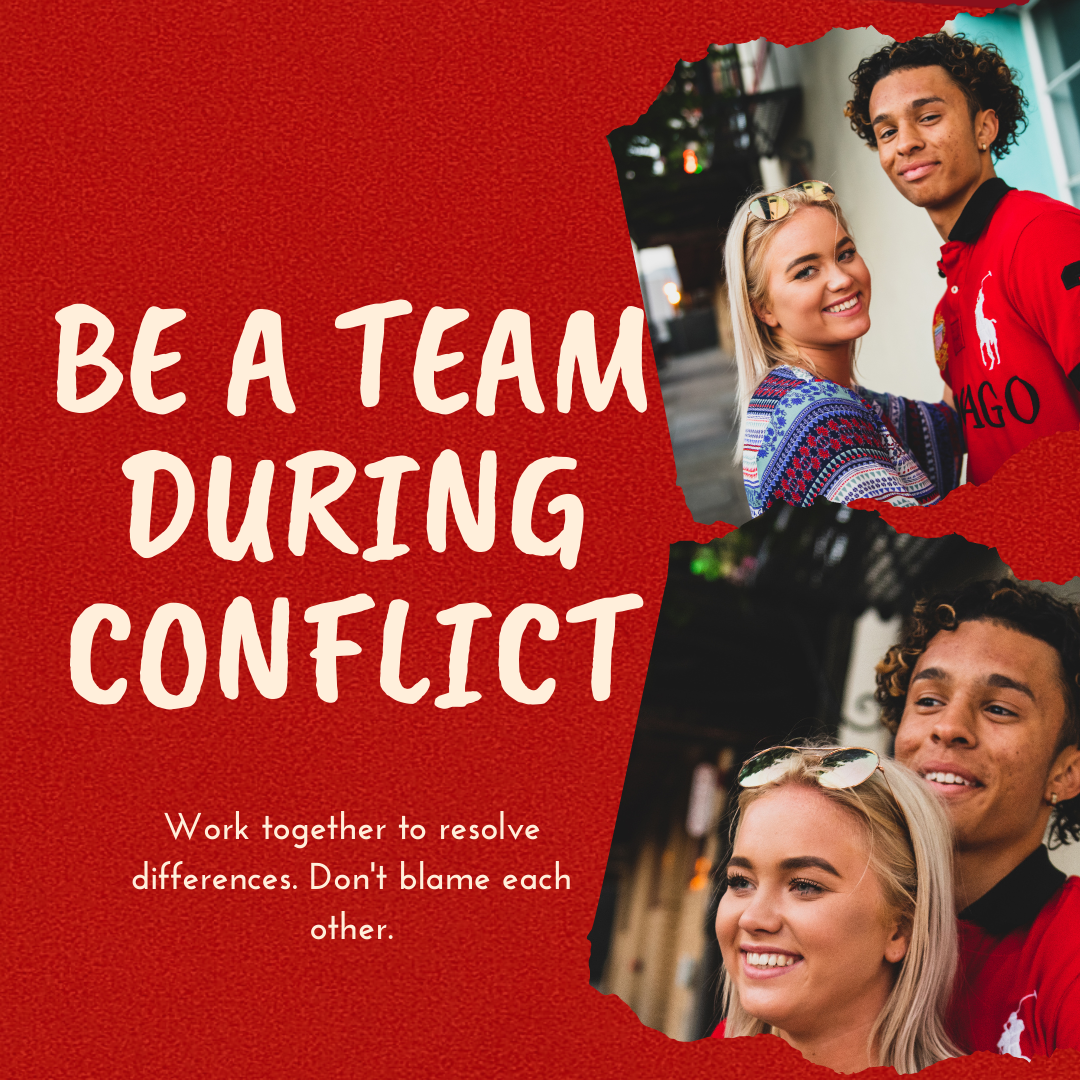
Marriage isn’t easy. In fact, I’ll go so far as to say that it is hard. Really, really hard. Learning to merge two people’s lives together takes time, energy, and a lot of patience. I’ve written about lessons learned from marriage before, and like everything else in life, I will never know everything. I will continue to embrace learning from my marriage, as learning and growing is what makes any marriage stronger.
LESSONS LEARNED FROM MARRIAGE
(1) Marriage isn’t 50-50
This one is big. I used to think marriage was each of us putting in the same amount of effort all the time. That simply isn’t the case. The reality of marriage is that two people will take turns leaning on each other during difficult times. Obstacles will be thrown your way throughout your relationship. It may affect both of you, or something might happen that greatly impacts one of you. Stepping up for the other person is crucial. There will be times I have to shoulder more responsibilities because my husband is struggling. Likewise, there are times when my husband is there for me and will take on more than his share. Doing your best will vary throughout your marriage. Marriage can be 60-40, 80-20, or even 90-10. There is a difference between having a spouse who doesn’t want to put an effort into the marriage and knowing that relationships are a give and take that sway with life.
(2) Intimacy isn’t just about the physical
True intimacy comes from knowing one another in the good, the bad, and the very, very ugly. I have gotten wax out of my husband’s ears, and he has held my hair back when I vomited. Although these are not the stories from which fairy tales were born, they are ones that comes from truly loving and knowing someone. Intimacy is a closeness that comes in many forms, and all of them are an important component of marriage.
(3) Marriage takes work
Marriage isn’t something you should ever take for granted. Like a plant that needs constant water to grow, your marriage needs constant nourishment. For a relationship to flourish, there needs to be effort, consideration, and appreciation for one another. The same effort that goes into any job needs to be put into a marriage, and yes, marriage is a job. It is the hardest job, in my opinion, except for being a parent. Like parenthood, it is a job that brings great joy, but that does not denote the responsibilities and energy it takes to make a marriage work. An important lesson I learned from marriage is to stay committed to being the best spouse possible each day.
(4) The things that initially drew you to your partner often become the things that irritate you the most
This lesson I learned the hard way. My husband was initially drawn to my sensitivity and openness to express my feelings. However, living life with a human ball of feelings is challenging for a person who is used to keeping his feelings private (and often buried). Likewise, I was drawn to my husband’s self-sufficiency and independence, but it is challenging and frustrating that he keeps his feelings to himself. Our differences are what made us appealing to one another, but over time they triggered what we need to work on within ourselves. In other words, I need to work on validating my own feelings instead of looking to him to do that for me, and he needs to work on being more open about his feelings.

(5) The person you married will not be the exact same person in 10, 20, or 30 years
Although we are married, we are each on our own unique path as individuals. That means that we separately evolve and grow with time. The important lesson to learn is that we can grow individually while also growing as a couple. I can love who he was 10 years ago while also loving the man that stands before me today. Working on ourselves is a wonderful thing, and that growth is necessary so that we can become better versions of ourselves. In turn, that makes us a better team.
(6) Accept your spouse
This lesson was another hard one for me to learn. We want to believe that love will change the other person. Nope. Never going to happen. Love can give people the encouragement that they need to better themselves, but that comes from that person wanting to make that change. You cannot make someone else grow. We can only work on ourselves. Supporting and cheering someone on is not the same thing as forcing or demanding anything. I’ve learned that when I work on myself, my marriage improves because things naturally shift. Whenever I start to focus on what my husband isn’t doing or what I wish he’d do differently, tension builds. He feels criticized, and in turn, he starts to dig in his heels and become angry and defensive. I want to be accepted as I am, and my husband deserves the same thing.
(7) Communication is a constant work-in-progress
New obstacles will always come up throughout our lives together. There will always be something new that needs to be voiced. The key is learning to communicate in a way that is both loving and honest. Bottling up your feelings only leads to resentment and hurt. Again, I cannot control if my husband will be receptive to what I say or how he will react, but I am responsible for the way in which I communicate. I am working on taking time to cool down before I initially approach him. When I talk to him from a calmer place, he is naturally more open to what I am saying. Likewise, he is working on understanding that my feelings about a situation aren’t an attack on him. The words you use are important, but it is equally important to be mindful of the way in which you speak to your spouse.
(8) Your partner doesn’t need to agree with you in order to respect you
This is another biggie in my marriage. There are some things that my husband and I will never agree about. However, feelings are valid regardless of whether or not you feel the same way. We each have our own unique views and experiences, and that shapes our perceptions and emotions. We can have different sentiments about the same experience, and that is okay. They are each valid and each deserve respect and understanding.
(9) Love unconditionally
Your partner isn’t perfect, and neither are you. We all make mistakes, and we will inevitably say or do the wrong thing. There are some lines that should never be crossed, but we all will experience disappointment, anger, and hurt. Love and appreciate your significant other during the good times, and love and appreciate your spouse during the times you want to throw the other person out the window. Love doesn’t make problems go away, but love allows us to work through those problems. In order to truly love someone, we must love all of them.
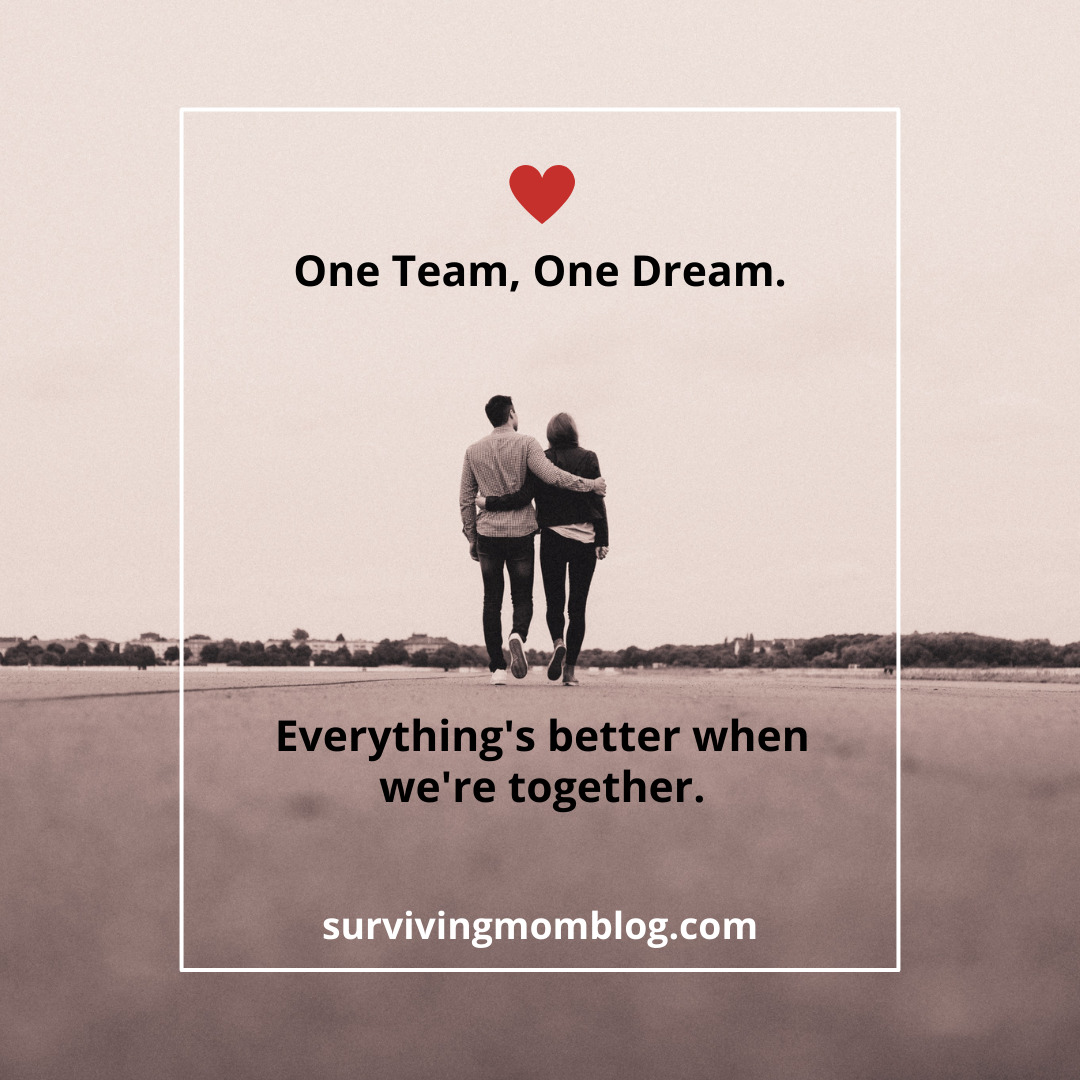
(10) One team, one dream
I don’t know where I heard that, but it stuck with me. It is something I tell myself when I feel like my husband and I are treating each other like adversaries, as opposed to working together. Kids grow up, people retire, life around us changes. The constant should be your commitment to one another. Even when you have very different views, even when your world seems like it is being turned upside down, remember that you are a team. That means that what hurts your partner hurts you, too (and vice versa). Resolving issues with that in mind is one of the most important lessons I’ve learned in marriage.
(11) Marriage consists of 2 separate people
You each are your own person. It is imperative to retain your own identity separate from your marriage. Maintain your friendships, hobbies, self-care, etc. Many of us get infatuated during the initial honeymoon stage of the relationship. We have complete tunnel vision and obsess about the other person. We love our spouses, but we should not lose ourselves in the process.
(12) Enjoy one another’s company
Spend time together doing things that you both enjoy. We often get so caught up in the day-to-day responsibilities of jobs, children, and obligations that we neglect each other’s company. Maintain your friendship so that your relationship doesn’t merely feel like a business interaction. Like I mentioned before, it all started with the two of you. Remember what drew you together in the first place and make it a priority to spend quality time together.
(13) It’s okay to need help
There is no such thing as a perfect relationship. It is okay, and even advantageous to your relationship, to seek external support. That can mean reading marriage books (I personally found learning about the 5 love languages to be incredibly helpful) or seeking marriage counseling. Couples often wait until their marriage is on the rocks to seek help. Even if your marriage is great, learning new tools from an objective third party can only enhance your relationship.
Life changes. People change. Cherish one another and remember that marriage is an ongoing commitment. Some days will be easier than others, but the lessons learned from marriage is what binds us together, no matter the sands of time.
